#Competing for Mabel with his own son
Explore tagged Tumblr posts
Text
Roasting OI leads, Part 2: Baby tyrant.
Now before I begin, I want to say that for once, it was refreshing to see an OI dad who didn't hate their kid for "killing" his wife in childbirth...
But Estevan here is taking that shit to the complete opposite extreme! This ain't a girl dad, nah, this just the average red flag ML except as a father instead of a husband.
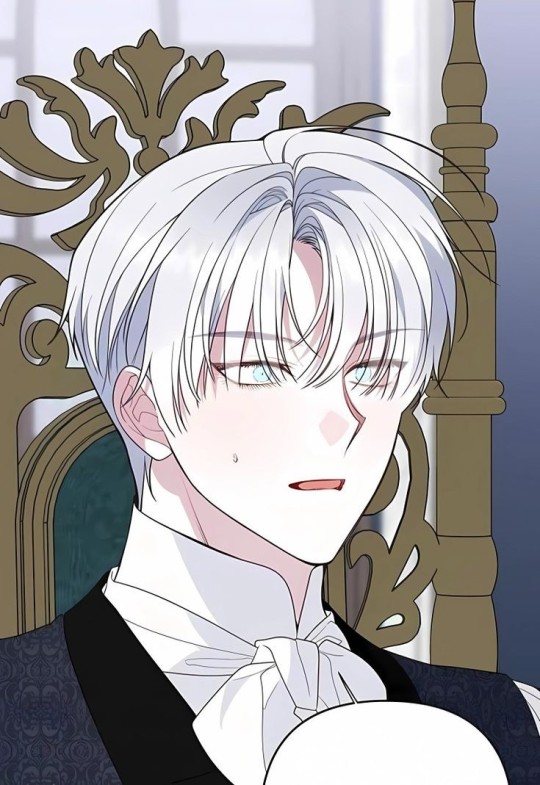
Theres being a girl dad, and then theres this thing.
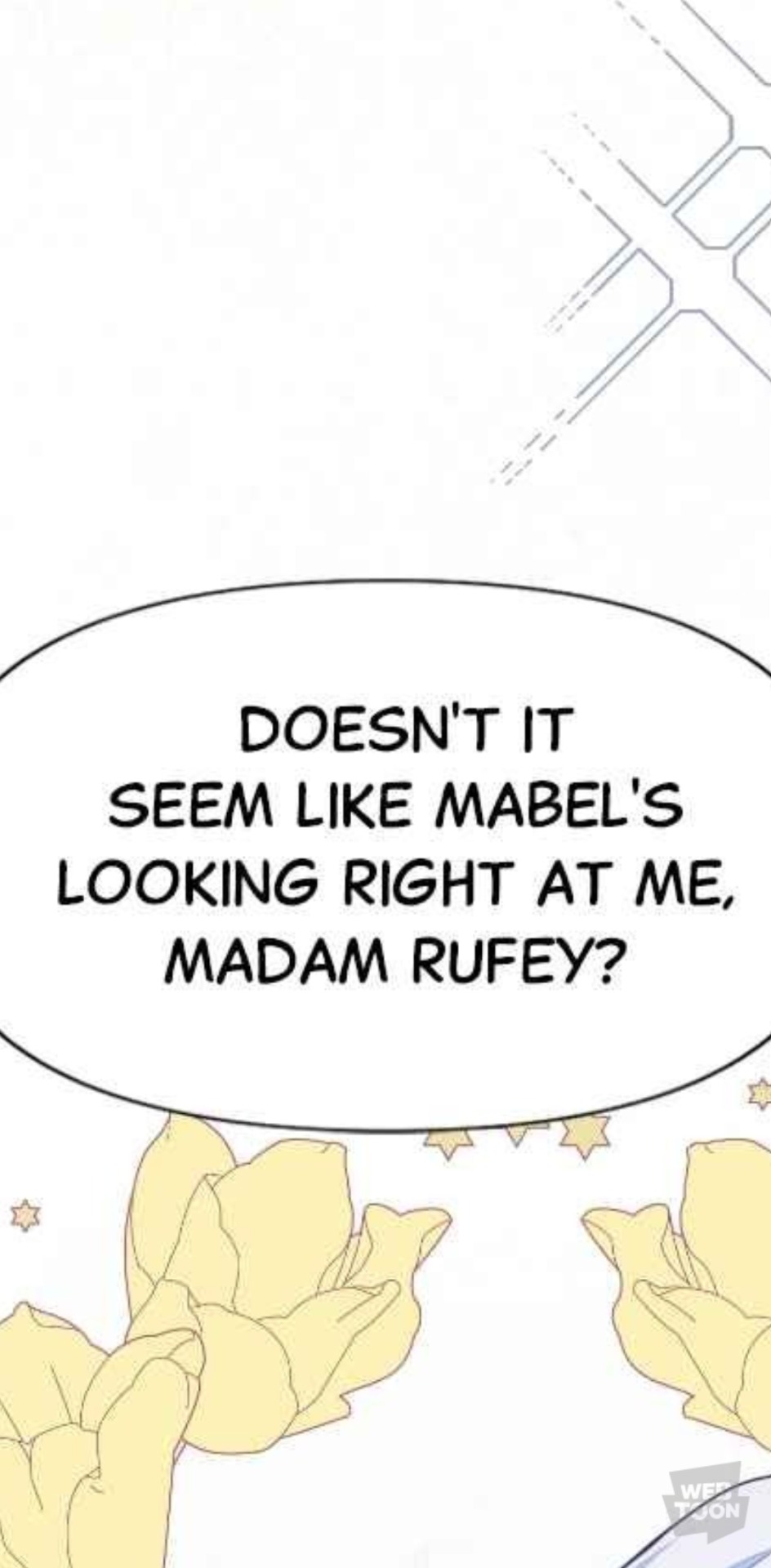
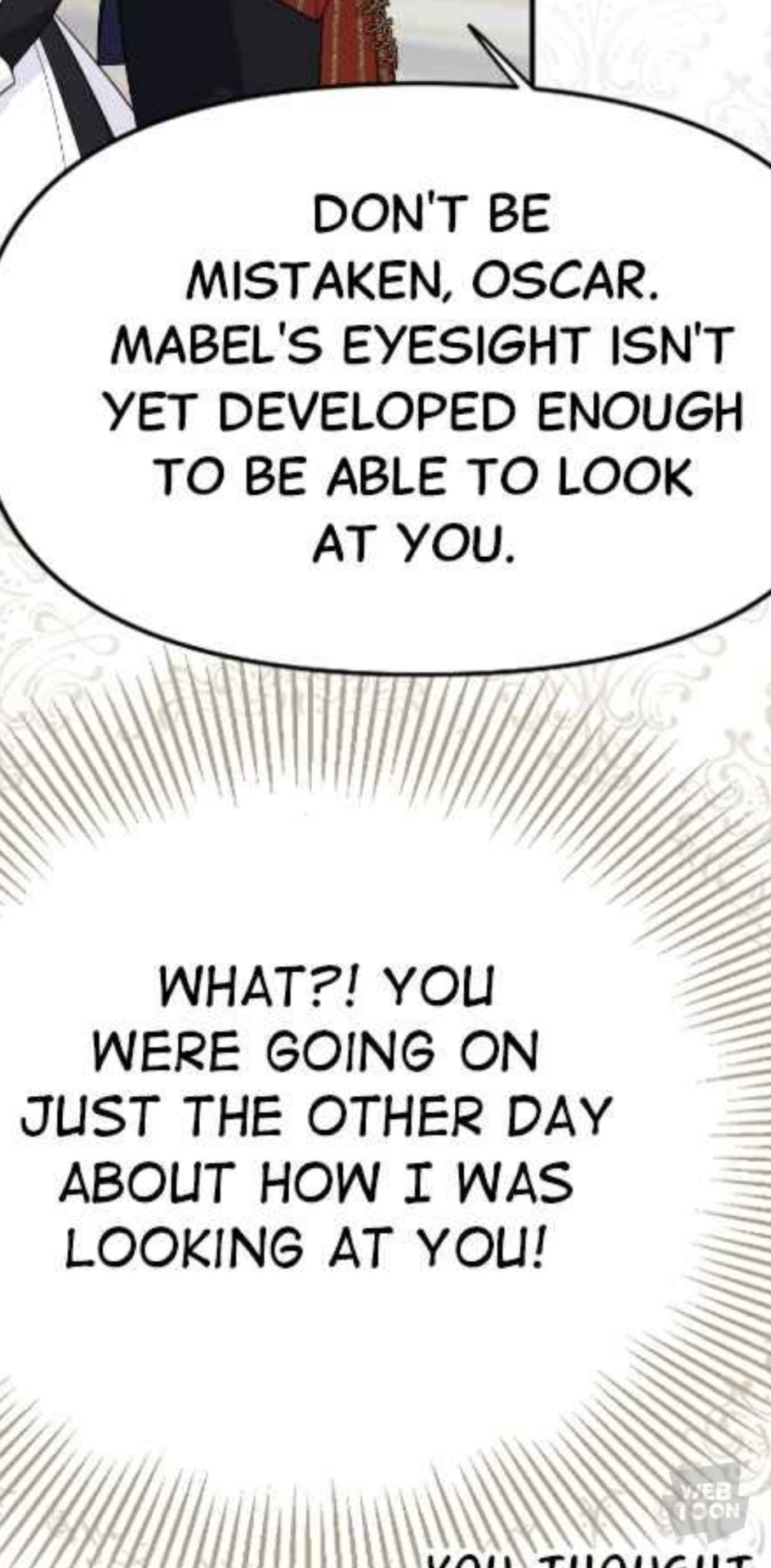
Bitch, ain't no way you are competing WITH YOUR SON!? Your 6 year old SON!
I know he's described as a young father but regardless he's still a grown ass man competing with his son over his daughters love.
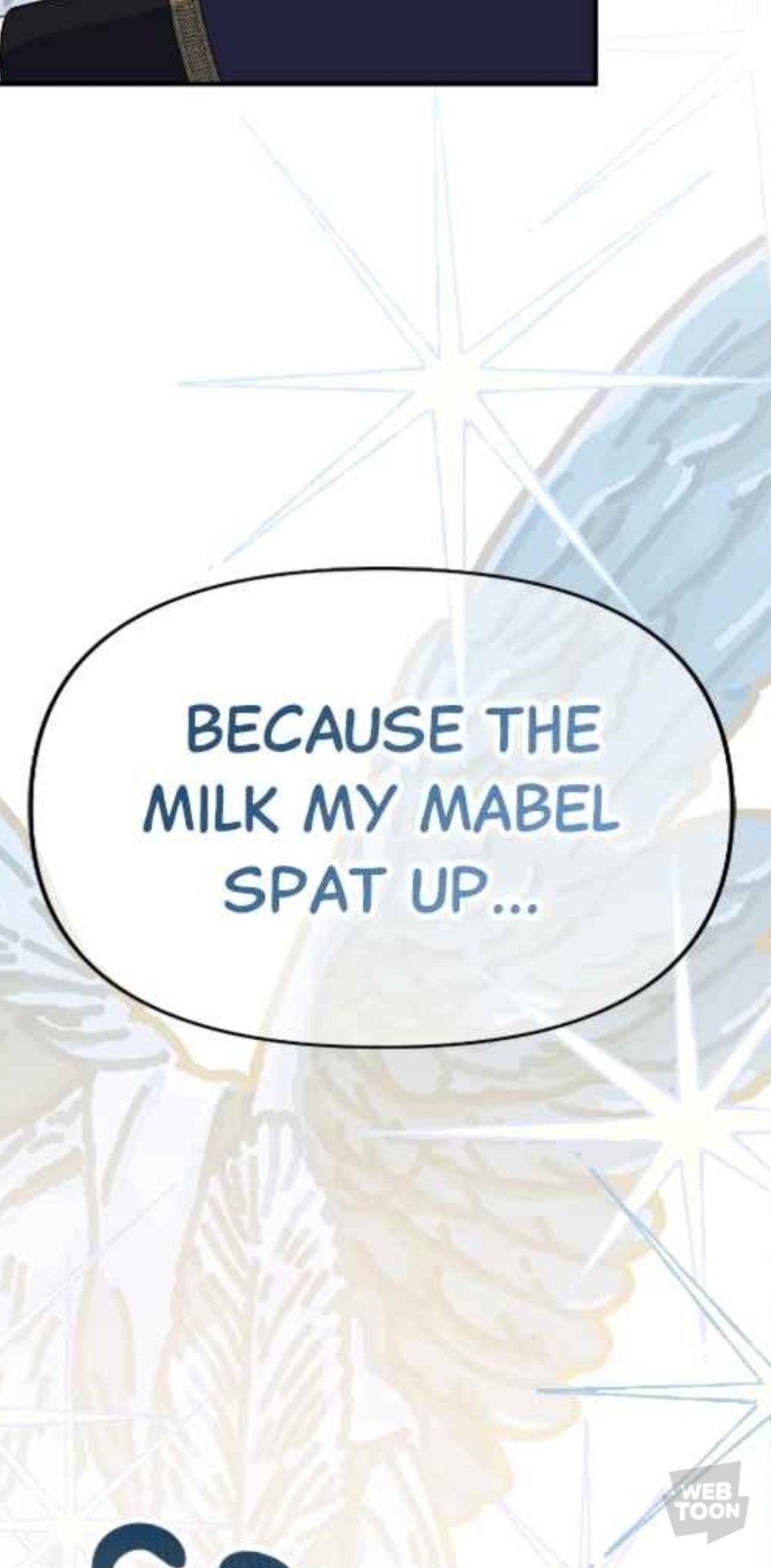
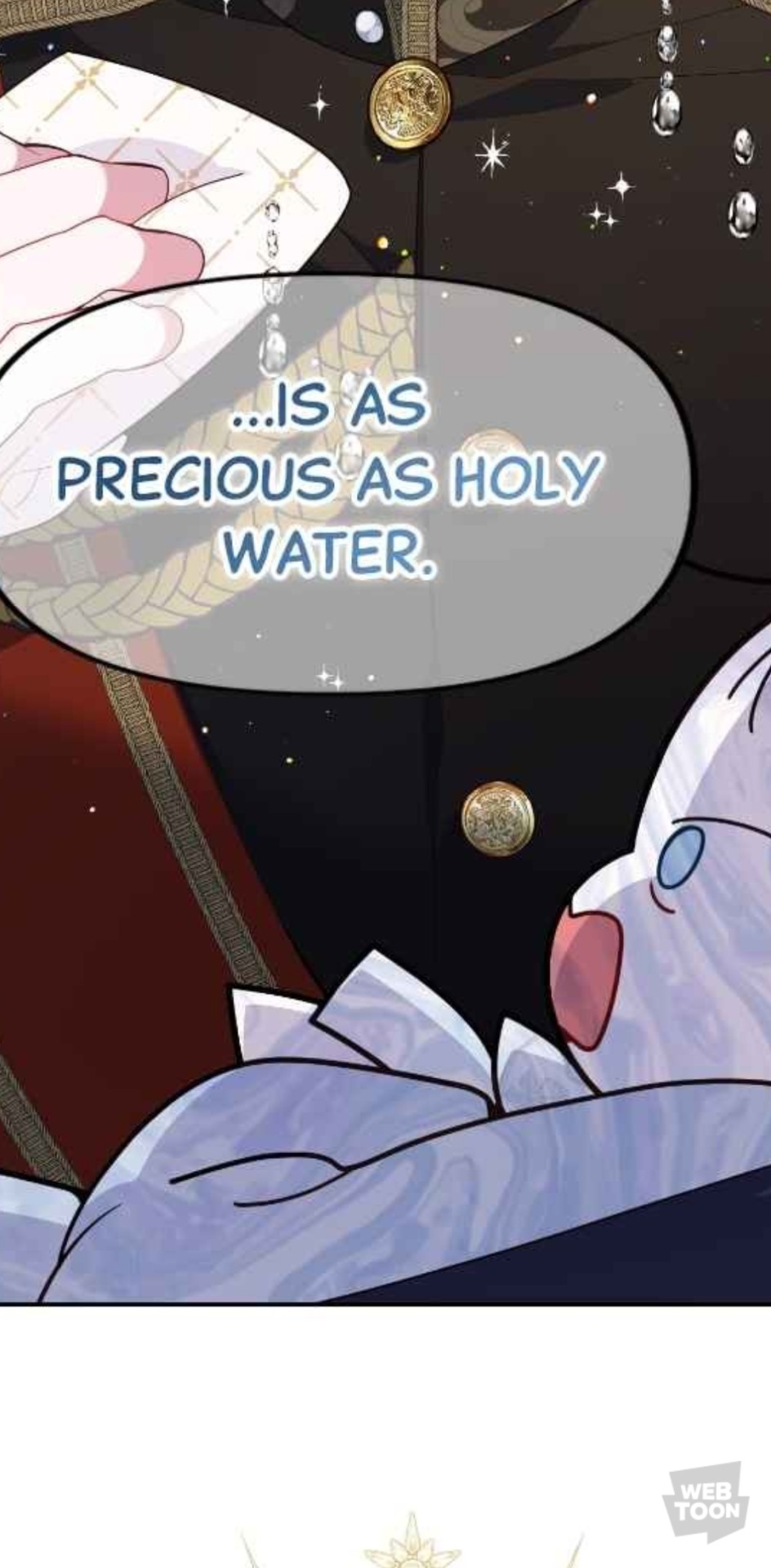
Brother Eugh... 😨
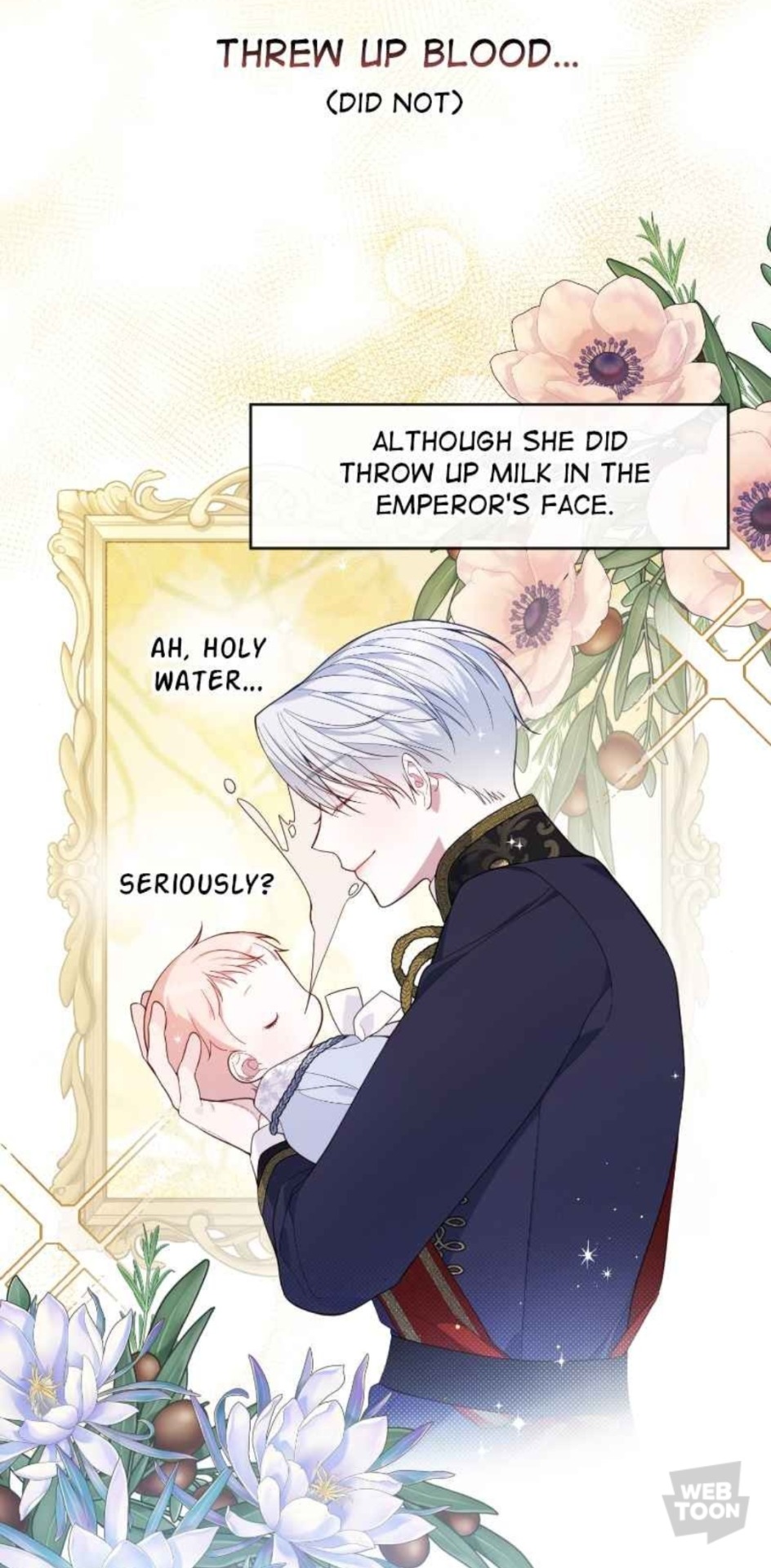
Bro why!? My guy, what is wrong with you!?
Even Mabel is done with her dads bullshit. 😭
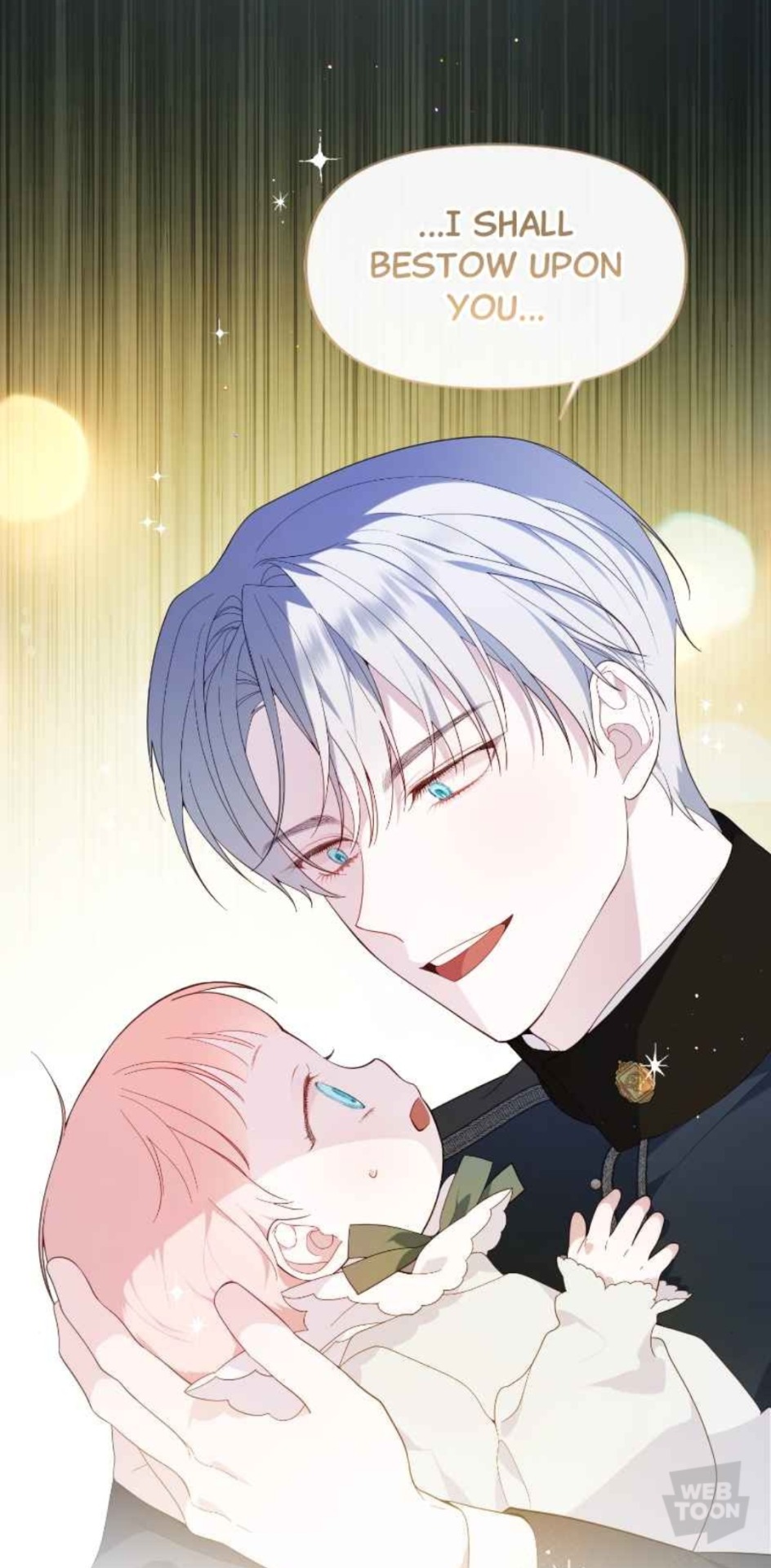
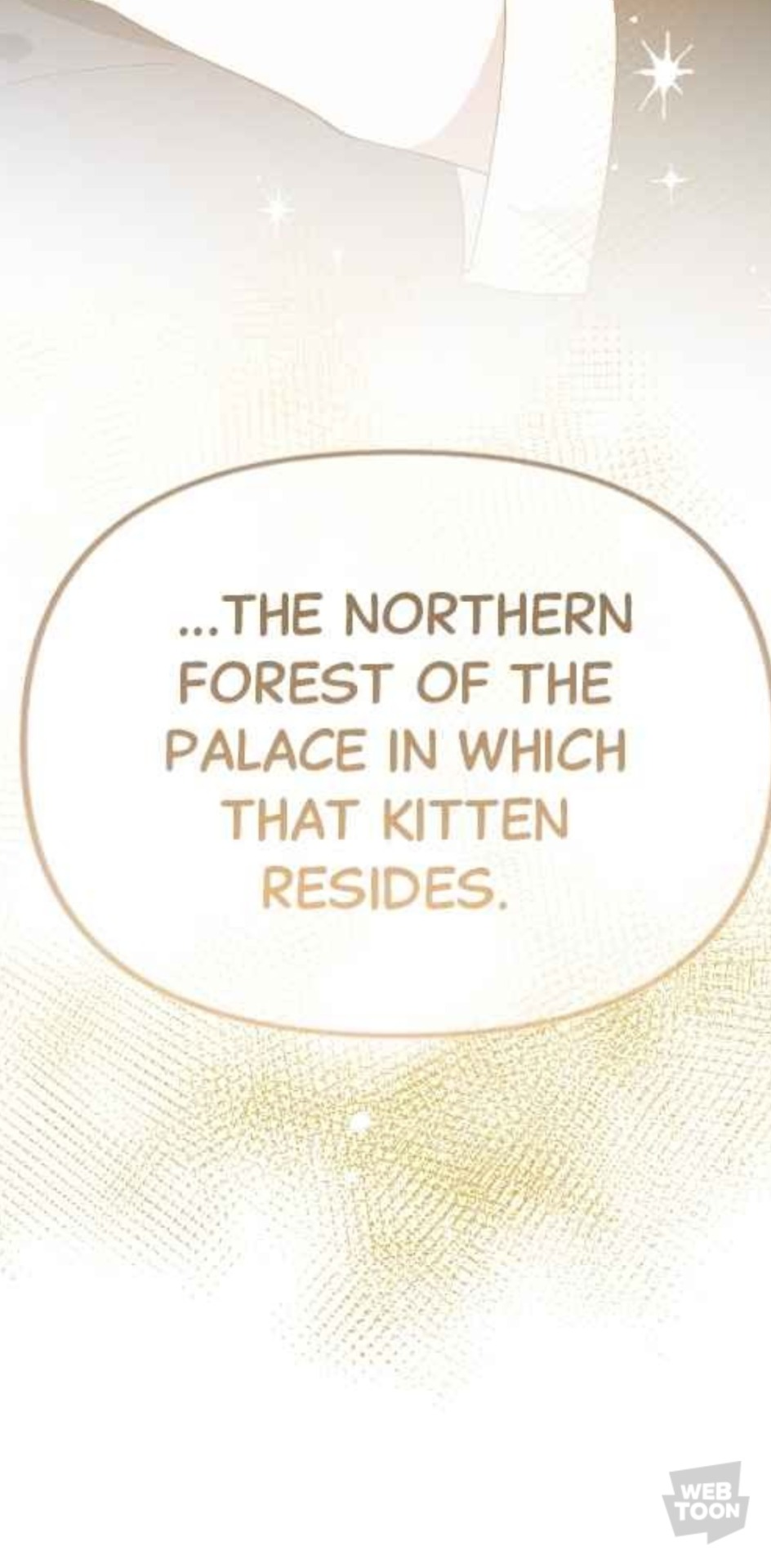
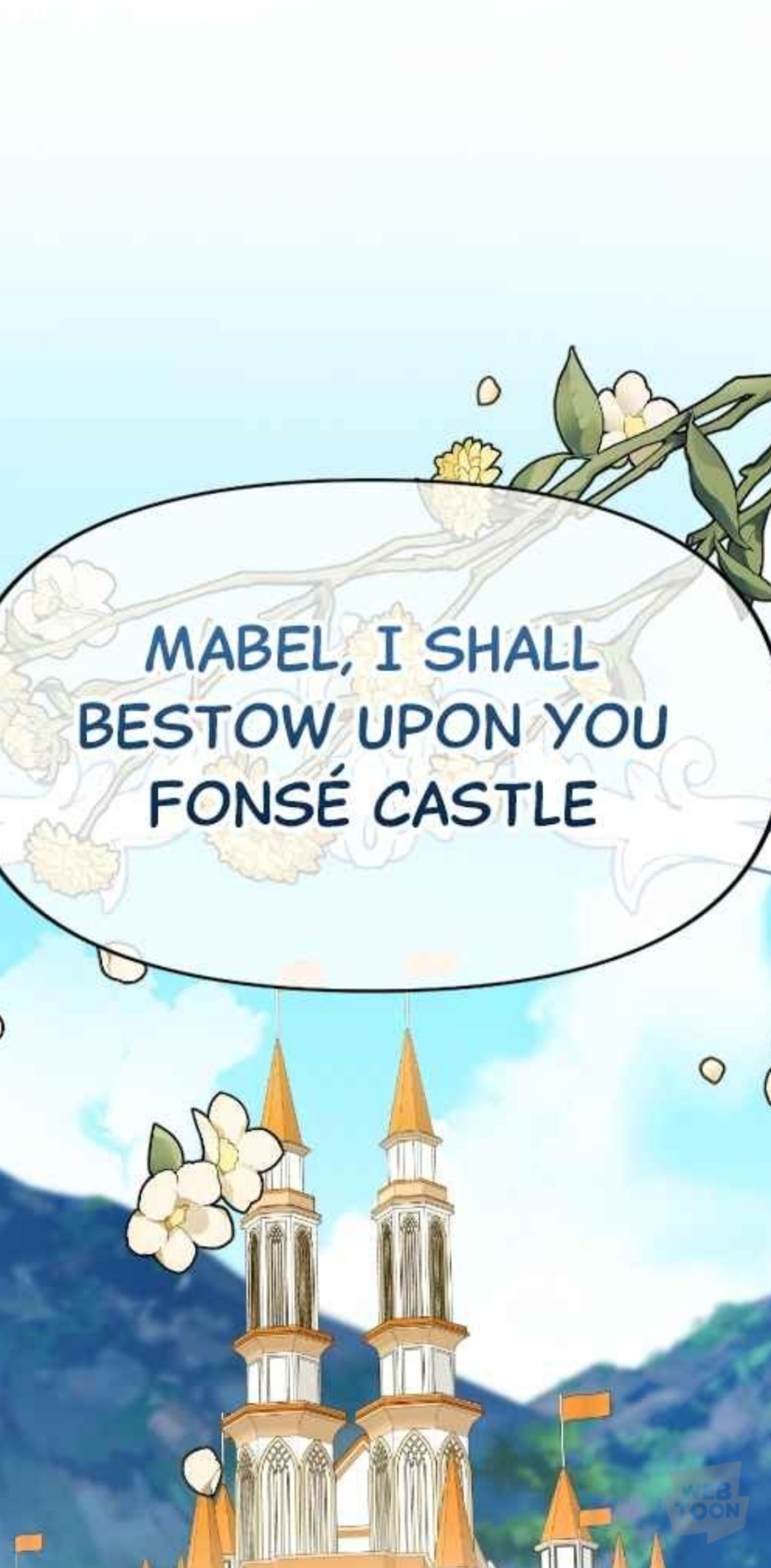
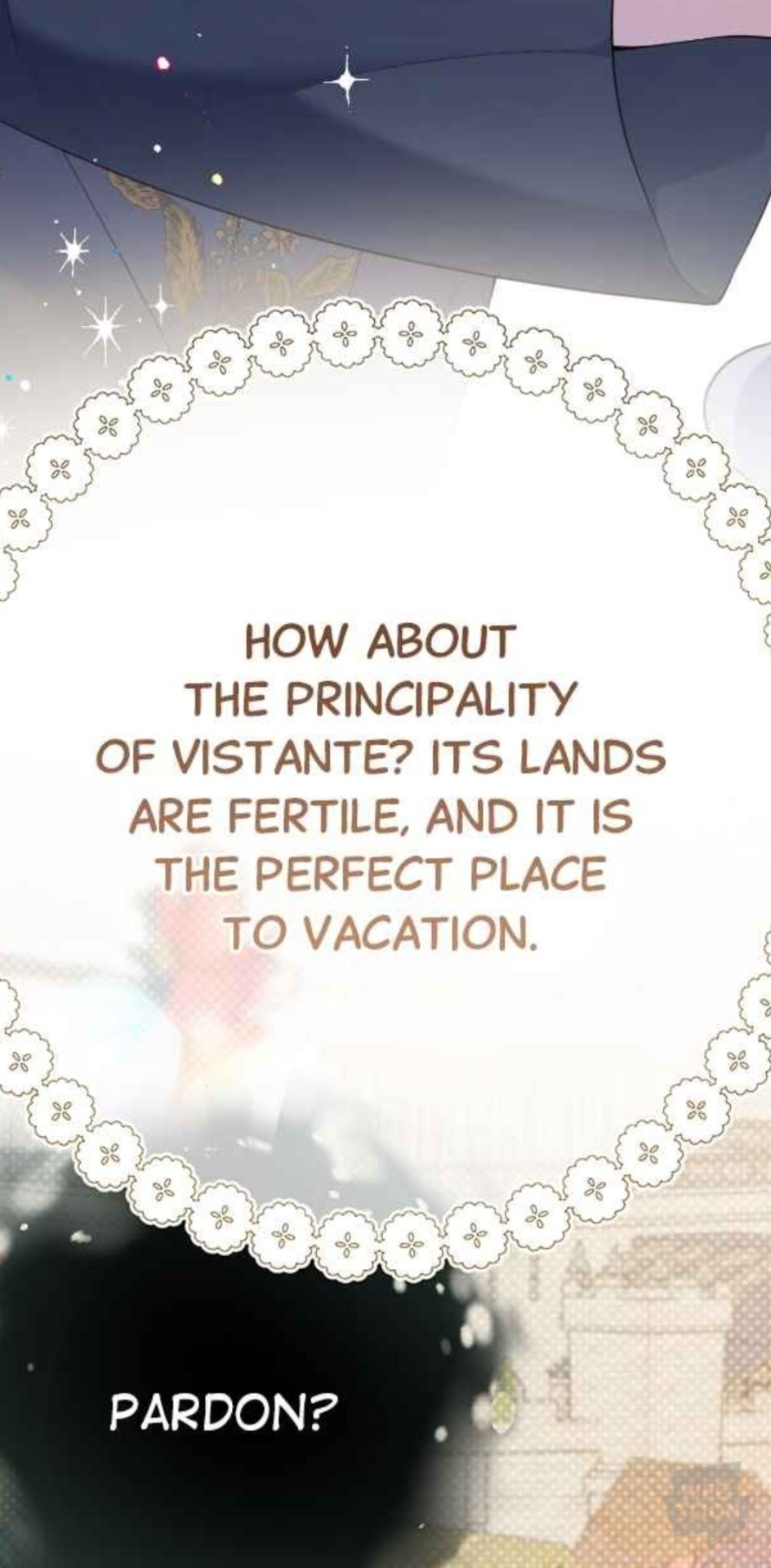
How has the empire not destabilized!?
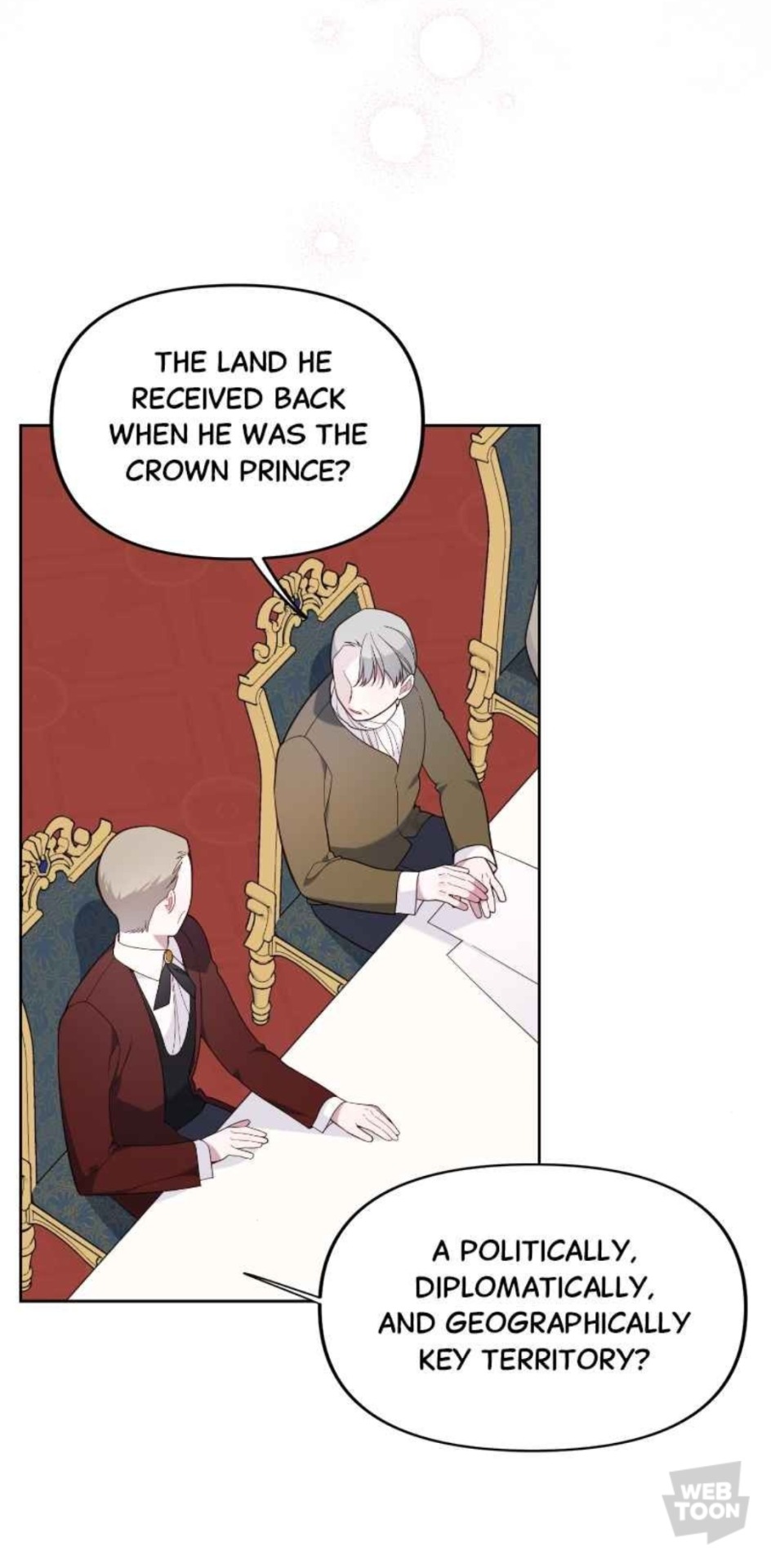
a KEY territory! Dude! Haven't you ever heard of the words "Chill" or God forbid "Less is more."
(In his defense, he actually does do more for Mabel outside of these superfluous gifts like taking care of her when she's sick and generally being present in her life but my point still stands as the gifts take up a majority of his on panel adoration for Mabel)
I know I'm not the only one thinking this cause even Mabel is wondering how the empire isn't in total shambles from this dudes antics.
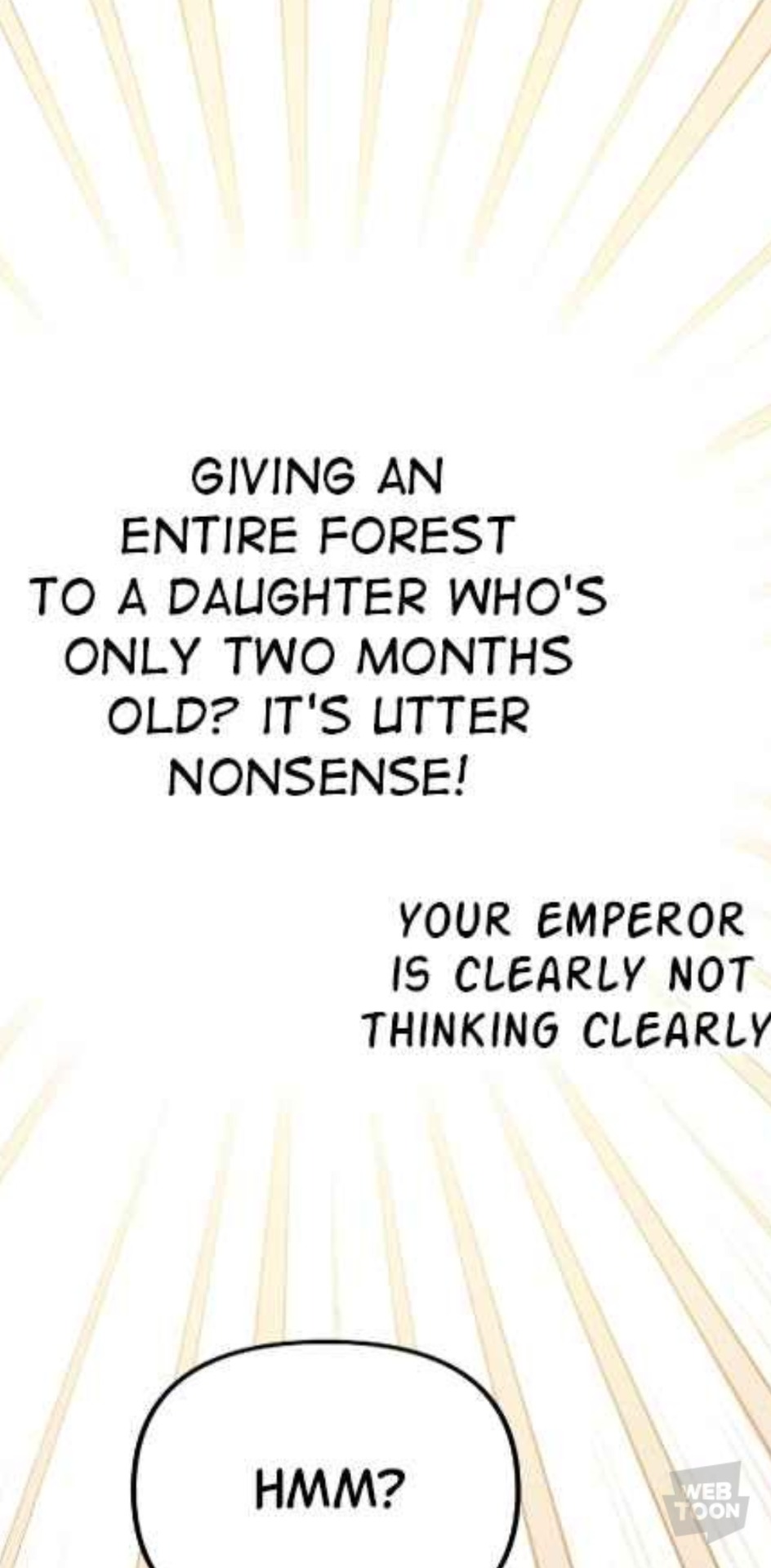
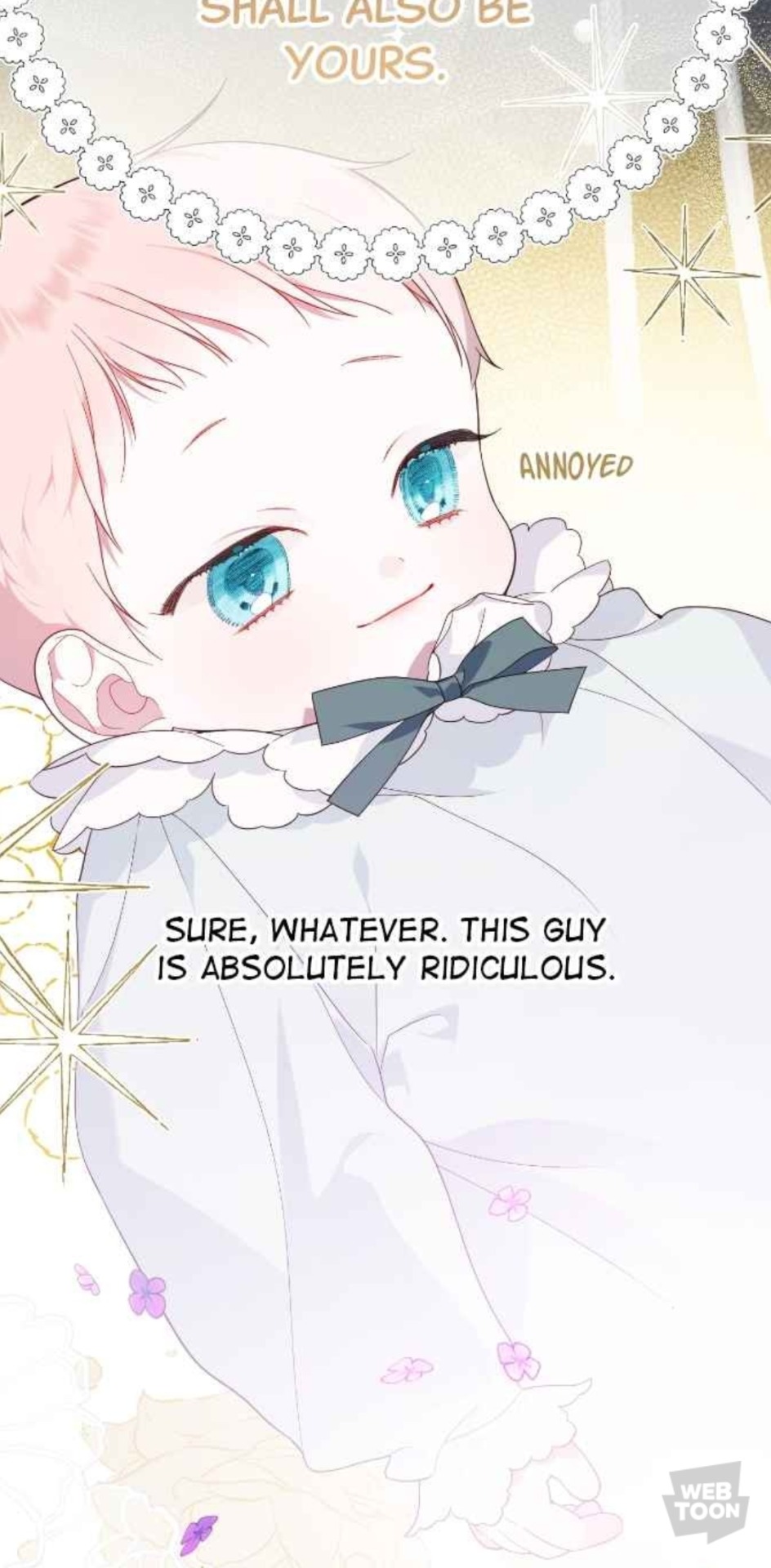

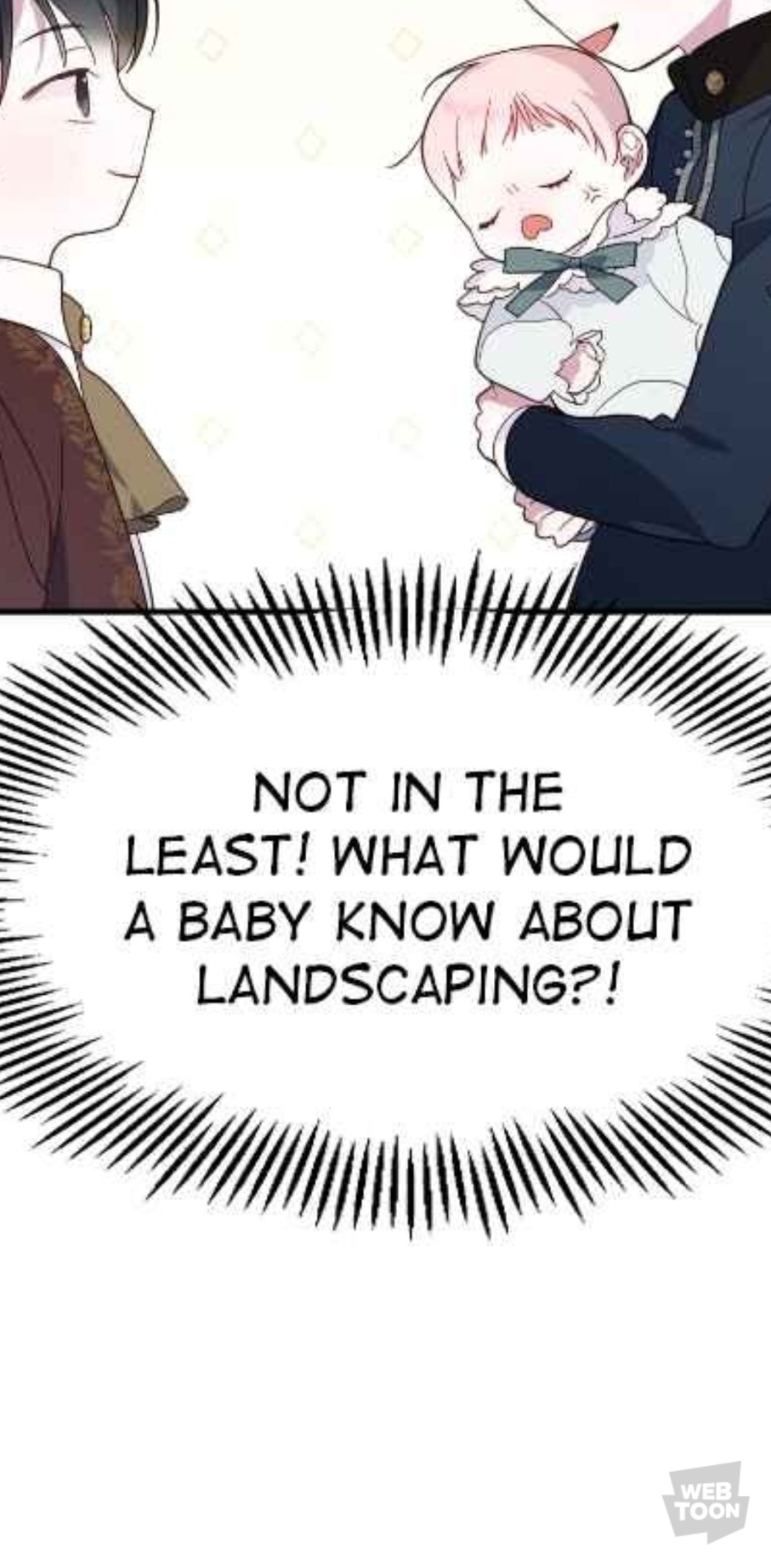
Mabel ain't even the best protagonist but the only reason shes earned a little respect from me is because at least we agree that Estevan is a nutcase.
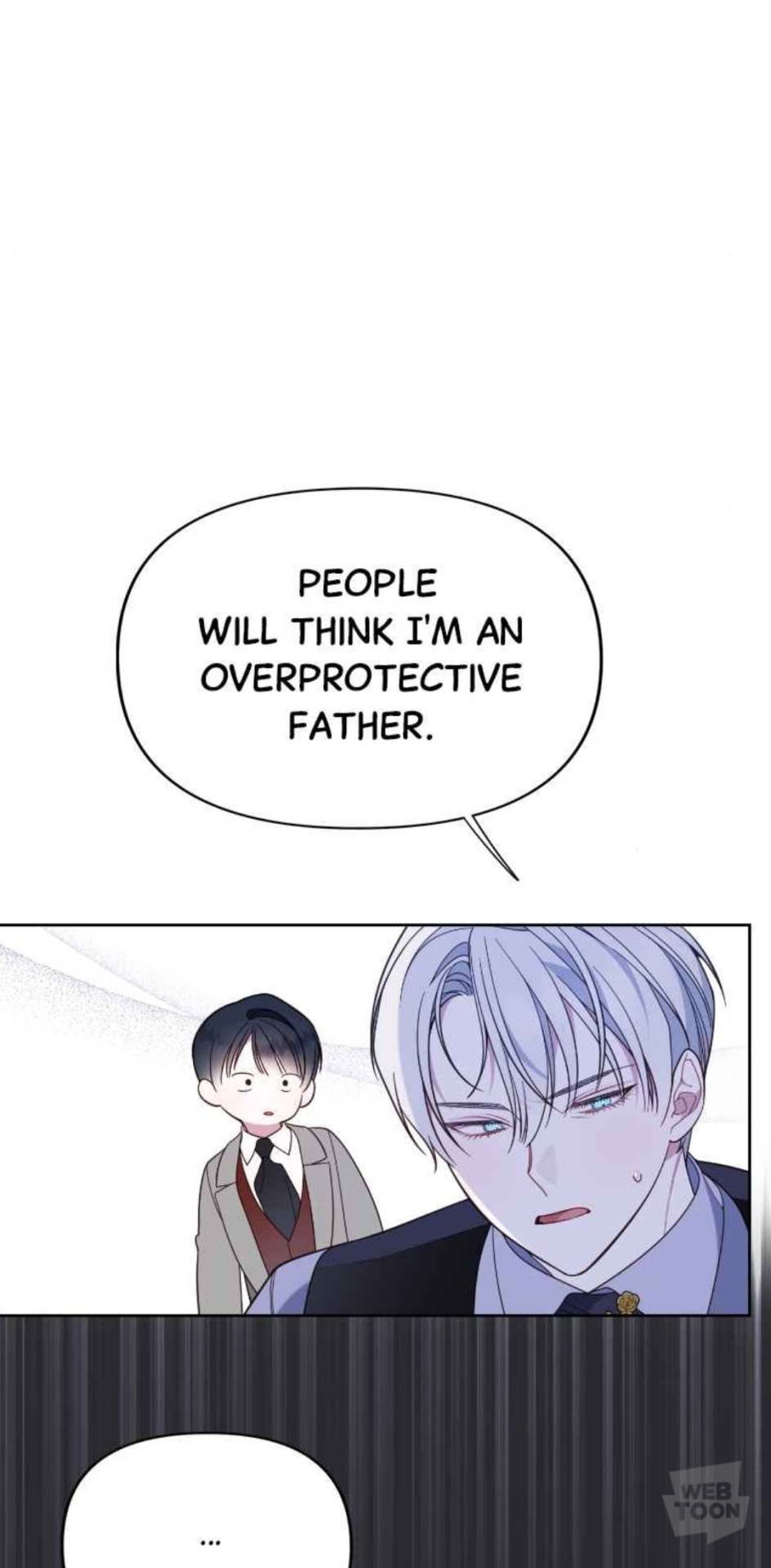
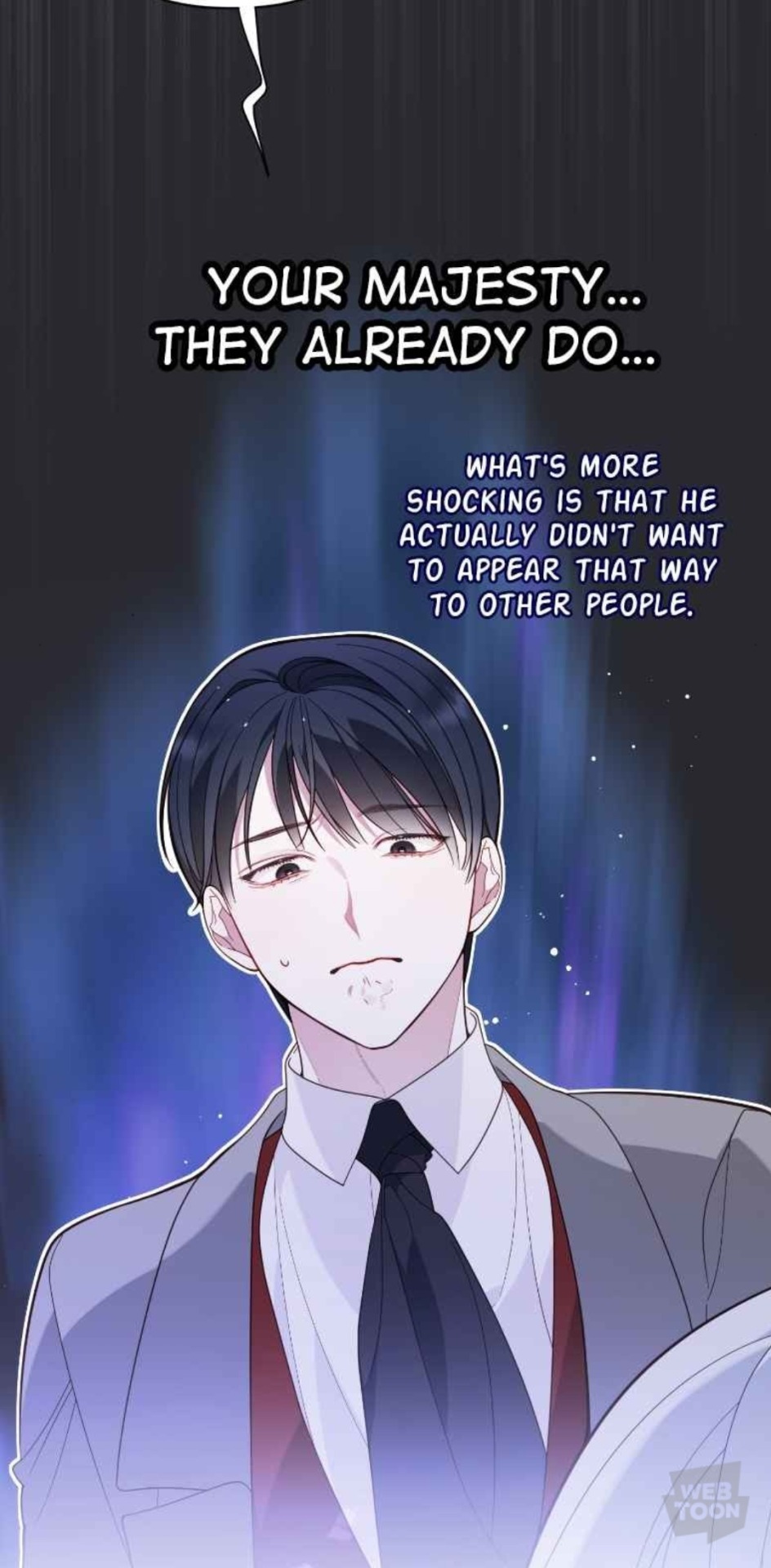
By the way, how the hell are you an overprotective father and you can't even do that right?
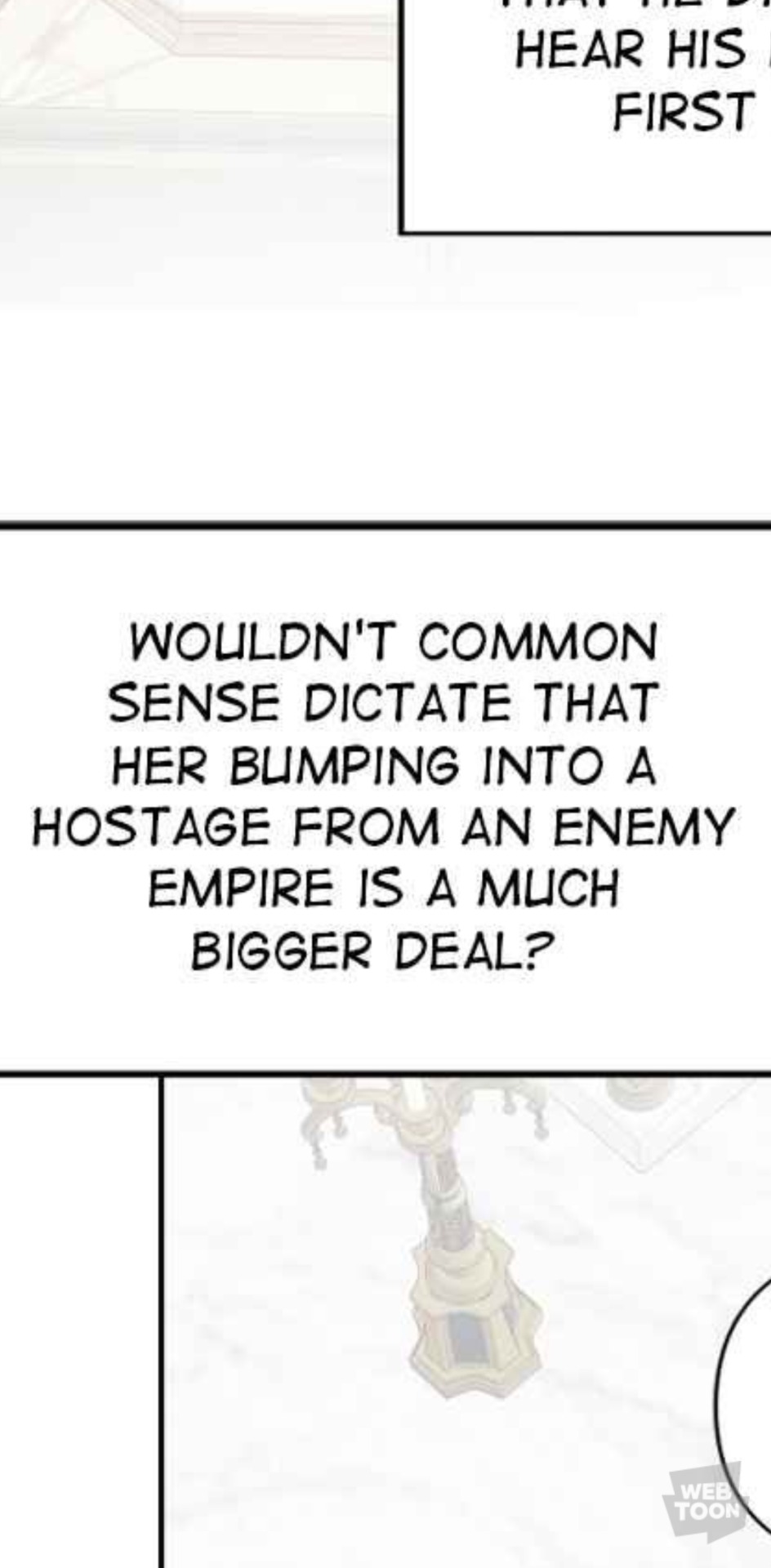
Context: Basically Mabel comes into contact with a verified threat (Aiden) but this doofus is more concerned that he didn't get to hear her first words because of it.
He can't even do the one thing he's good for!
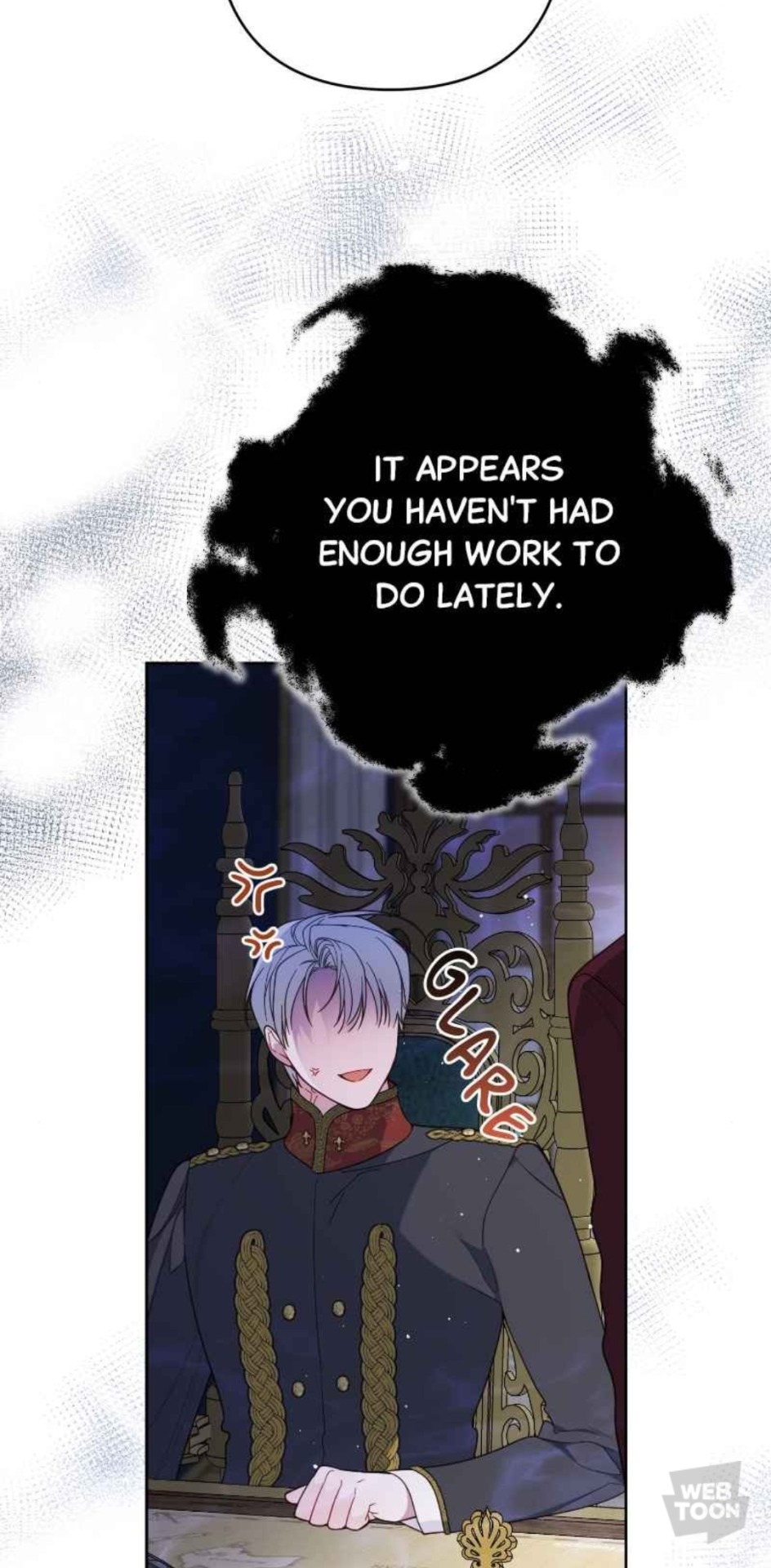
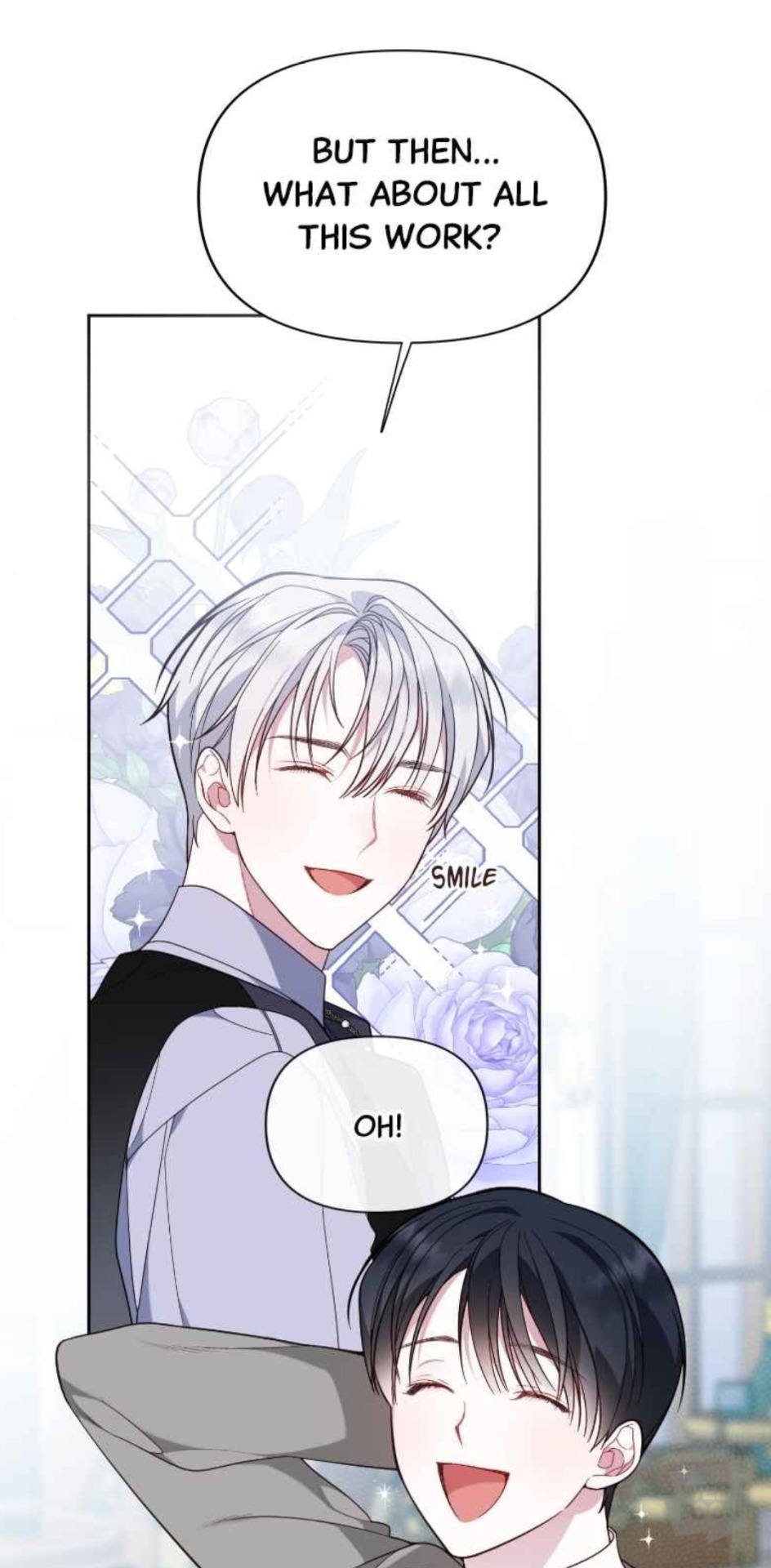
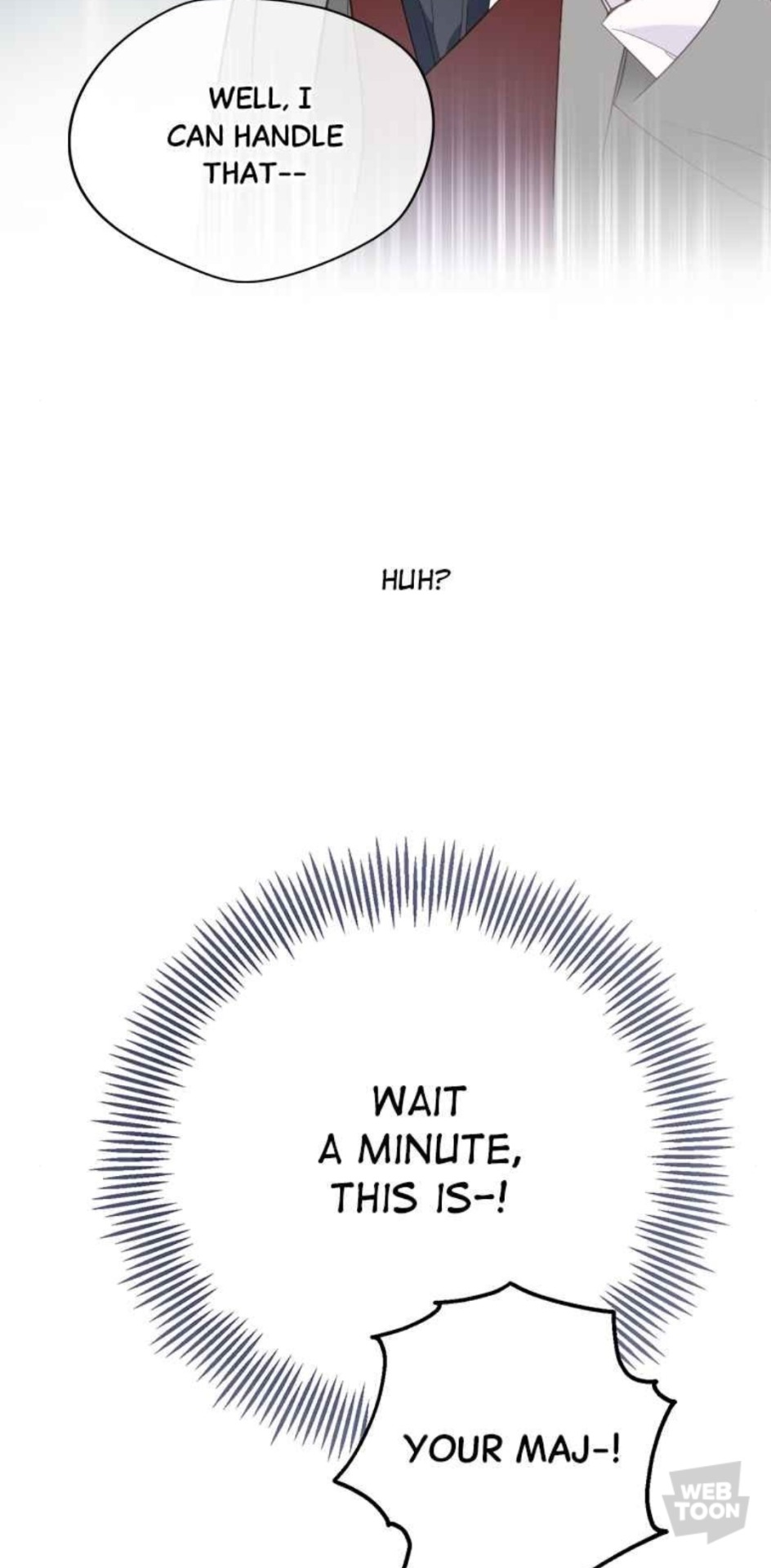
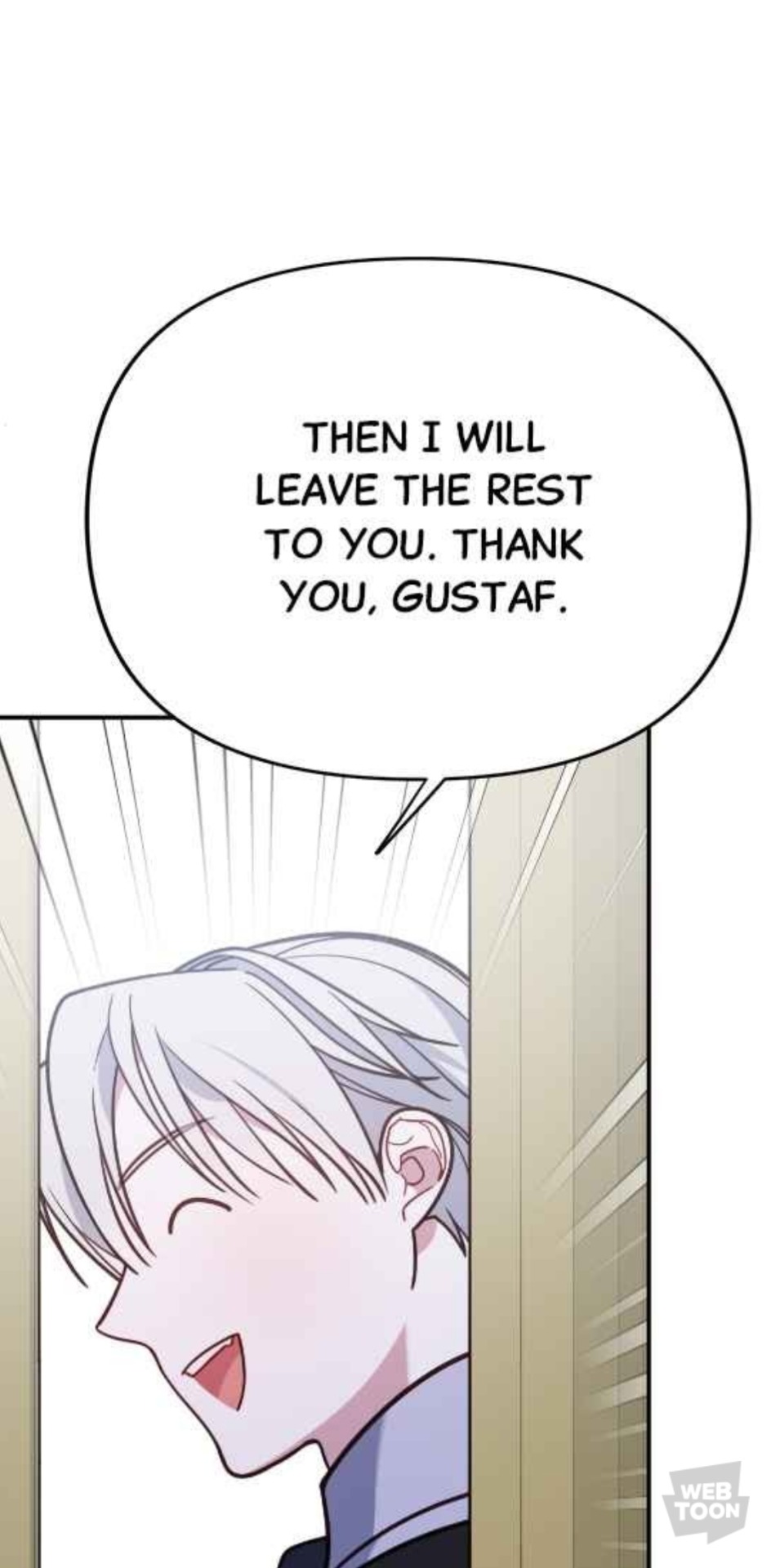
By the way, Estevans treatment of his secretary is FOUL. Gustaf in general gets the short end of the stick way too much and the way his boss treats him is undeserved. Half the time he's getting caught in Estevans bullshit and has to pick up after him and you know he isn't getting a raise for it either.
You KNOW your a bad boss if he prefers working for a literal TODDLER over you.
Speaking of which.
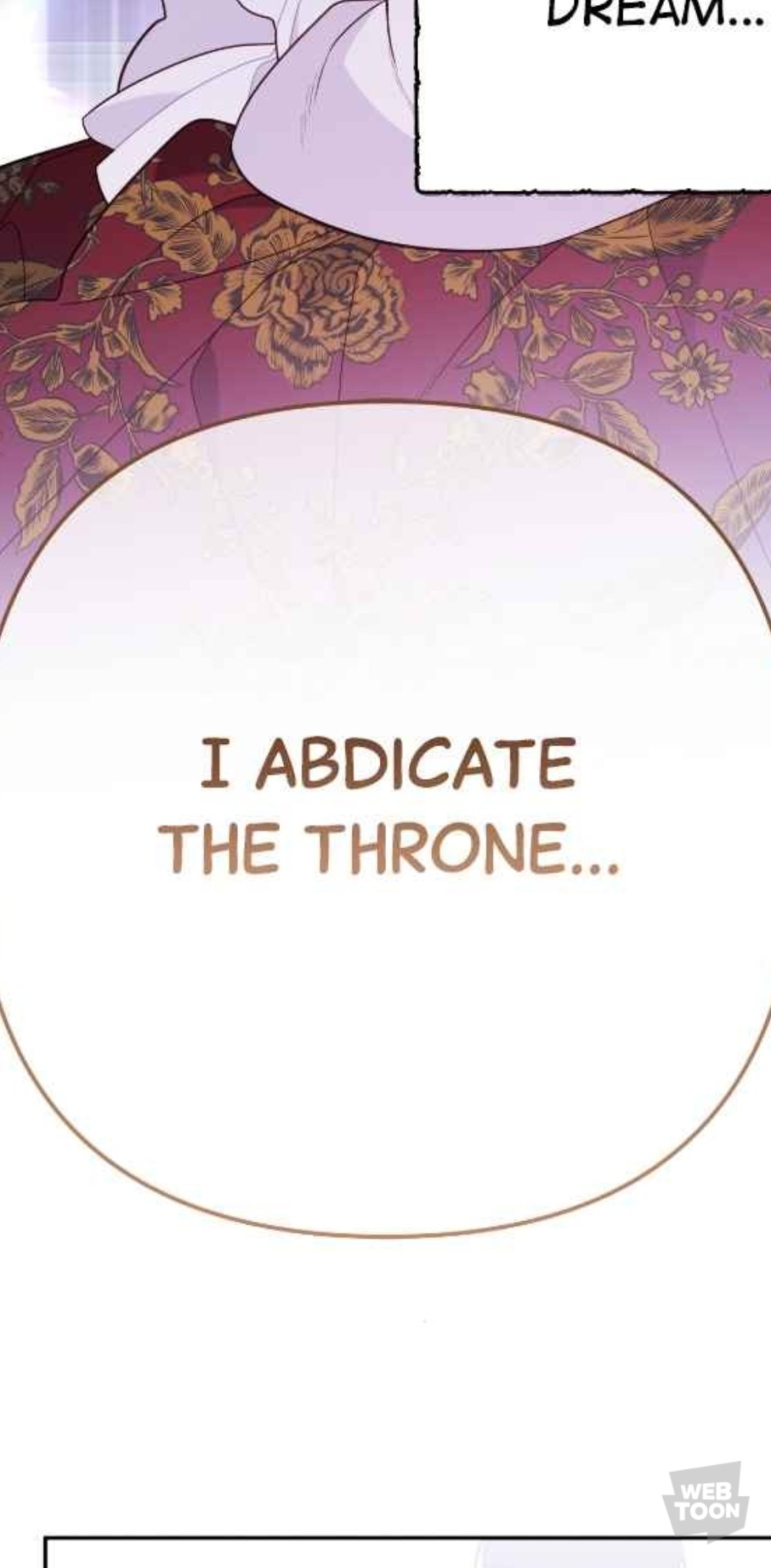
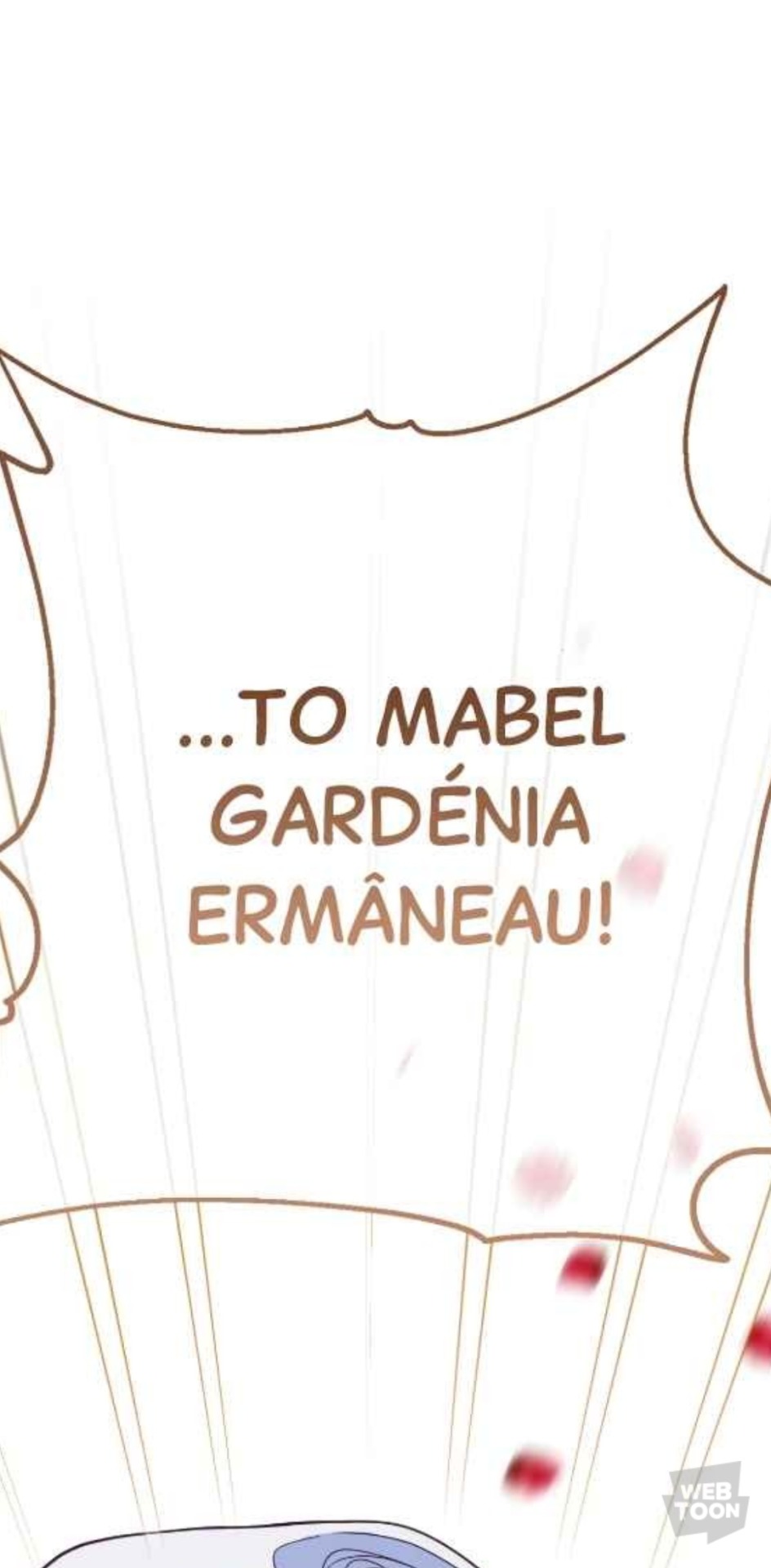
Now, I get that it's essential to the plot that Mabel becomes the Empress so she can actually be a tyrant as the title suggests. (I'll get into more depth about this in a future post) but Estevan, brother in christ. That doesn't mean I won't call you an idiot!
Sure it is explained that Mabel is only Empress is name and Estevan still does most of the work while she's still a baby but you don't just get to hand your one year old the responsibility of the empire she didn't want to rule AND planned to go to someone else and be shocked that she gets pissed with you!
If it weren't for the fact that Oscar was chill with being side stepped, I'd be flamming him even more.
And while it's pretty well known by this point, this guy is not giving Oscar the love he should be getting. Oscar is a way better person than me cause if Estevan was my father, I would've went off a long time ago. Sure from what I've seen so far, he isn't too bad toward Oscar but Mabels gotten two birthday chapters based on what I've read so far (43 chapters) and Oscar didn't even get ONE! Like... show my boy some love! Why do we gotta neglect the other children for the sake of the lead. From what I've heard from reddit, it only gets worse.
And once again, Mabel is the one having to try and fail to communicate to her dad to try to think about his first born.
"Baby tyrant" and yet Mabel was the one parenting Oscar better than the adults, and she is the baby!
Closing out with a Justice for Gustaf because he deserves a nice paid vacation away from that shit.
#baby tyrant#Partial satire#Considering that Mabel is self aware that Estevan is nuts I'm not as pissed as it seems#But I will still call this man child out#Competing for Mabel with his own son#And disrespecting my boy Gustaf#He's such a lunatic though that I have a love-hate relationship with him
9 notes
·
View notes
Text
I’ve done Kenz Headcanons with their relationship with Ford. Here’s some general Pines family headcanons:
Kenz and Dipper have an on again, off again friendship that’s teased with romantic drama. They argue and even physically fight frequently. Fights get worse in the winter when the weather gets cold and they’re forced inside more.
Kenz and Dipper often help each other with trans issues, especially binding. This happened after the two almost fought to the death over a roll of kinesiology binding tape.
Kenz generally avoids and ignored Mabel, mostly because she’s really high energy and Kenz has some unresolved feelings for Mabel. The two rarely interact and when they do, Kenz is generally grumpy and standoffish.
Kenz surprisingly gets along really well with Stan. The two often tell each other groan-worthy puns much to the expense of the rest of the house. Ford and Stan often try to compete with one another over who can be Kenz’s best fatherly figure, but Stan knows it’s a losing battle because Ford knows the most about all the supernatural trauma that Kenz is put through. Kenz and Ford think pretty similarly and it sometimes amuses Stan. He sometimes pulls a prank on Kenz, which escalates into a total prank war. Kenz is a great sport when it comes to pranks.
Soos and Kenz are pretty chill. They rarely interact because Soos is a father now and runs the tourist front of the mystery shack. Kenz is never in a babysitting role, but Angel (Soos’s son.) Looks up to them like they’re the best thing since sliced bread. Kenz is surprisingly great with children despite not wanting kids of their own. They often act like Bandit Heeler does around his kids. They’d make a great parent that knows how to emotionally empathize with their kids. This shows a lot with Angel especially when he had a particularly rough encounter with a bully.
Kenz and Wendy are basically best friends. Wendy knows how to get Kenz out of their comfort zone, and Kenz appreciates that. Kenz is a little bit affectionate with Wendy, but not as affectionate as they are with their harder crushes.
0 notes
Text


Elizabeth “Lizzie” Mabel Foust (née Hayes)
born 1891
Lizzie Hayes was the first born child of Edward and Emma Hayes. She grew up on the family farm, and ever the dutiful daughter took on many of the matronly responsibilities around the house. She became well learned in cooking, cleaning, mending, and preserving. All her youth Lizzie was preparing herself for her own future as a wife and mother. It was her duty, she knew, to marry as well as she could, and she hoped to elevate her status within society.
Lizzie’s wishes came true when she happened to meet Richard Foust, the son of a businessman in the city. Richard was smitten with Lizzie, sensing her devotion and competence. Although she was not of the same social standing as him, Richard asked for her hand. Lizzie graciously accepted, and was welcomed into his family with open arms.
Throughout her adulthood Lizzie served her husband with pride. She bore him three children, two of whom attended university and the third of which married well.
#ts4#s4 decades#sims 4 decades#ts4 decades challenge#hayes legacy#sims 4#sims 4 decades challenge#the sims 4#hayes ancestry#lizzie hayes
11 notes
·
View notes
Text
Gravity Falls Beyond the Woods Chapter Four
While the adults make summer plans, Rose’s big match arrives
Rated T for Sexual Harassment and Violence
<-prev next->
Rose sat in the locker room, taking deep breaths to calm herself. Her heart was pounding as she put on her gloves. She carefully closed the locker, making sure to leave the door undamaged this time. She put on her mask and grabbed her rapier. Her height and strength gave her an advantage, but she couldn’t let that make her cocky. That’s how you lose.
Out in the bleachers Wendy watched as her little girl walked out to the ring. She held her rapier in an upright position as she made her way to her opponent. As the match began, Wendy looked around for her husband and son. They went off for snacks a short while ago and hadn’t returned yet.
She could help but hear the two guys in front of her say, “Holy crap, that’s a big girl.”
“Is having that freak compete with the other kids allowed? Not much a fair fight”
“Guess so. Nice chest on her through.”
“Yeah, would love for her to fight my sword.”
“EXCISE ME!” Wendy had enough of these assholes talk. The mother stood up to tower over the two jerks. “What did you say about my daughter? My twelve year daughter!”
“Hey lady this was a private conversation. So mind your own business you bi-” Before the man could finish his sentence, Wendy’s knuckles broke some of his teeth as the red head punched him in his face. His pal went to grab her, but she elbowed him in his gut.
The crowd was no longer looking at the preteens fencing and was instead watching the beat down, the mother was giving to the men. In fact, Rose and her opponent stop fighting to look at the spectacle. The referee was screaming at the adults to break up the fight. “Oh no not again,” Rose whispered to herself.
Dipper and Tyrone walked in with arms full of snacks, only to be greeted with the scene of chaos.
“I can’t believe they disqualified Rose!” Wendy shouted as the family drove home. Rose was in the backseat, head leaning on the window seal, tear streaming down her face. “I mean, I get kicking me out, but they should let Rose finish the match!”
The Pines’ got home. As Rose was going to her room, Wendy called out to her. “Baby, you know Mommy didn’t mean to get us all kicked out, right?”
Rose didn’t shout or scream. She didn’t even look mad. She just looked tired. Sighing she said, “I know Mom, I just need to be alone right now okay?”
All Wendy could do was nod. Rose slowly closed the door and Wendy heard heavy sobs on the other side.
“That’s bullshit!” Mabel shouted over the phone.
“We know, but there’s not much we can do. It’s not like Wendy was recording the conversation. And we have the trip to plan on top of all of this.”
“Trip?”
“Yeah, the Corduroy’s are having a reunion and Manly Dan is hosting, so going back to Gravity Falls. It will be nice to see Soos and everyone again even if we got to deal with Wendy’s extended family.”
“You know it has been a few years since we’ve been to Gravity Falls together. This sounds like an excellent idea!”
“Ah Mabel it’s a Corduroy family reunion and you-”
“Okayseeyouatgravityfallsloveyoubye!”
Dipper sighed as his sister hung up. He looked up to see Wendy walk in. “mabel invited herself to your family reunion.”
“Good, good. God I really screwed this up didn’t I?”
“No honey. I mean those asses are lucky that I wasn’t there. But should we let Rose know why you went crazy on two randos?”
“Oh yeah, that’s a great idea. Hey Rosie, it’s okay, Mom only did that because grown men said gross things about your body.” Wendy sat down on the bed. “Look I know that Rose is going to have to deal with a lot more of that. Lord knows I did. But is it wrong to want to keep my girl safe for a little long?”
Dipper wrapped his arm around her shoulder. “No it’s not.”
Meanwhile back in California, Pacifica and Mabel were discussing their own vacation plans. Mabel was sitting on the bed, hanging up on her brother. Pacifica was behind her, finishing putting on her nightie.
“I've been thinking about where we can go for the summer,” the blonde spoke. “I was thinking Aspen. No snow but the meadows are beautiful. A highly underrated summer destination.” Pacifica claimed onto the bed and clawed toward her wife. Plus there’s an ice cream shop that makes ice cream with edible gold.” As she spoke this last line, she kissed the nap of Mabel’s neck.
“Hmm, I’m more of a sparkle girl myself. Besides we have plans. Manly Dan is hosting a family reunion so we’re back off to Gravity Falls!”
“Dan Corduroy is hosting a Pines family reunion or a Corduroy family reunion?”
“Is there a difference?”
“Mabel!” Pacifica whined. “Please tell me you did not invite yourself to Wendy’s family reunion.”
“What, I’m the sister of the brother in law. I’m basically family.”
Pacifica placed her head in her hands. “Mabel why?”
“Look, it’s okay. We can just see Dipper and Wendy. You’re parents still live in Gravity Falls right? We can see them.”
“Eeeeh.”
“Look I’m sorry okay. It's just that it’s been forever since I’ve seen Dipper. Rose had this big match that went badly and I can’t even hug her. And Dipper hasn't even met Ashley yet. We just live so far apart now and it kills me Paz.”
Pacifica sigh. “I’m sorry. I miss them too. It’s hard for everyone to meet together now. We’re all so busy now. Let’s go to Gravity Falls!”
“Oh thank you, thank you paz!” Mabel kissed the blonde on the lips. Pacifica kissed back, holding her wife close.
4 notes
·
View notes
Text
it’s been literal ages since i’ve actively DONE anything with this blog but i really wanna get back into developing this au since i love it a lot,, even if “developing” is more just. writing scattered drabbles and snippits instead of writing through it chronologically so...
if you have questions or prompt ideas or cool thoughts about any particular era, please do let me know, i love talking about this crossover!
the 5 eras of this crossover:
Era 1: (August 1967- June 1968) Glass Shard Beach/Quartz Shard Cove Era 2: (1968-1982) Stan in Trollmarket/Ford’s research years Era 3: (1982-2012) Wilderness Years Era 4: (2012-2016) Summer 2012 and beyond Era 5: (Spring 2016~) The new trollhunters
(a ton more rando ideas under the cut)
Era 1: (August 1967- June 1968) Glass Shard Beach/Quartz Shard Cove
Big ideas: -Stan finds amulet, discovers underground civilization of trolls alongside Ford -Helps protect Quartz Shard Cove, the troll city below them, over the course of senior year -Major foes are Korsiva (a disgraced ex-general of Gunmar who’s been in hibernation for years) and an east coast branch of the Janus Order -Stan and Ford’s baby nephew (son of their big brother Shermie), Alexander, gets swapped out for a changeling. Chaos ensues. -Carla- Stan’s best friend- is brought into the fold/fights alongside the twins. -That time they recovered a single piece of the Killahead that was unguarded- they learn the changelings are trying to rebuilt it early in this AU. The piece is stowed away for safekeeping in Trollmarket, deep in the catacombs. -Over time there’s found family themes with Alex the changeling, and he ends up defecting from the Janus Order entirely.. after experiencing all the horror of the Darklands, he just wants the chance to live a good and honest life. Through ancient magic, he finds a way to wipe the evidence of his existence from the Order. -Blinky and Aaarrrgghh pretty much slam adopt on all of these humans. -Stan and Ford’s relationship becomes more and more strained as the year goes on because Stan keeps pushing him away (thinking he’s protecting him by doing so)
Era 2: (1968-1982) Stan in Trollmarket/Ford’s research years
Big ideas: -After Stan is kicked out, he moves with Blinky and Aaarrrgghh back to Trollmarket. -Ford, to college. -Stan becomes really close with Draal during this time. -A lot of Stan’s work during this time is working to maintain peace in the troll world with the continuing threat of Killahead bridge being knowingly rebuilt, and trying to figure out WHERE the bridge pieces are being stored. (Currently it’s being hidden in a place far away from Arcadia.) -Ford still goes to Gravity Falls to research the strange and bizzare, and the Bill Cipher stuff still happens, except in this AU the Nightmare Realm and the Darklands are the same place, just this interdimensional dumping ground that Bill and Gunmar are both trapped within. They’re pretty much both competing to see who can get out first. -Stan sent to go investigate the going-ons in Gravity Falls bc the trolls sensed an open portal to the Darklands there. He’s pissed and confused to realize it was his brother’s doing. -Ford gets sucked through the portal, along with Stan’s amulet.
Era 3: (1982-2012) Wilderness Years
Big ideas: -The troll Tribunal forbids Stan from setting foot in any troll settlement in punishment for losing the amulet to Gunmar’s clutches. They’re essentially without a trollhunter for these 30 years. -Stan realizes the truth about Ford, that he was manipulated by an ancient eldritch being. Now feeling insanely guilty for leaving him to the whims of something like that, he begins to rebuild the thrashed portal. It may be ultimate treason to the trollkind he once swore to protect, but his family is forever more important to him than law. -Ford, meanwhile, discovers a shocking fact- the amulet calls his name too, and he can wield the armor and Daylight as well. He travels the multiverse for 30 years, learning more about the amulet and what it means to be a trollhunter along the way... crossing into dimensions where other trollhunters exist, gathering stones to use in it, gaining proficiency at fighting... -Alex- or as he comes to call himself, Lex- grows up, moves to California, falls in love with a human woman, and to his great surprise they’re able to have kids- twins. As far as he knows at that point, they’re essentially fully human- but they all know about his changeling nature. -They raise their kids in Arcadia. Occasionally, Lex does reconnaissance work for the trolls- Blinky and Vendel specifically.
Era 4: (2012-2016) Summer 2012 and beyond
Big ideas: -Lex sends his kids to GF for the summer for Stan to watch, paranoid that the Janus Order discovered what he did to their records and found him again -Much of the summer is spent trying to uncover their Grunkle’s hidden past (he’s kept all the trollhunting stuff on the down low from family as a result of his disgrace from troll society. only lex knows the full story.) and what’s up with this mysterious journal in the woods. -The journal is p much the same except it has a toooon of troll stuff in it too. Ford’s a nerd. -Wendy is a changeling. Originally she was stationed in Gravity Falls to keep an eye on Stan and make sure he’s not up to no good, but she’s never actually gotten the chance to sneak into his basement to see what he’s working on. His security is too top-notch. When she’s finally a teen in human years she gets a job in the shack so she can get closer to him. -Honestly I think she also flips. Just, all the changelings eventually flip when they see how great found family and friendships and anything that’s not Gunmar is, okay? XDD -Fiddleford isn’t actually entirely insane- but he’s still not all mentally there. Long story. He lives with his son and actually wears clothes most of the time. -Yknow I’m pretty sure Dipper and Mabel prob catch Wendy shifting between forms and that’s how they esp bond -Also let’s be real the two of them definitely end up exploring the troll civilization under Gravity Falls -the Wham moment where Ford walks out of the portal wearing the Armor of Daylight and everyone’s like :O OOO two trollhunters!!! ! -Weirdmageddon’s weirdness wave activates long dormant changeling genes for Dipper and Mabel, and they shift into troll forms. They’re a unique case of changeling because they are their own familiars. -Post 2012, the full story of what happened with the amulet becomes known to trollkind, and Stan’s ban from underground is lifted. He and Ford together continue trollhunting business, and they’re still a force to be reckoned with, even with their age. -In early 2016, the amulet leaves Stan and Ford, and stops responding to them both. The assumption made is that it senses the two of them are unable to carry out their duty anymore at their age, and has made the choice to move on. (normally a trollhunter just... would die long before they grew old enough for this to be a problem, so...)
Era 5: (Spring 2016~) The new trollhunters
-Dipper and Mabel are both 18, in senior year. They are fully able to shift between forms at whim by now. -Amulet picks Jim. A lot of broad canon strokes remain the same, but the trolls already are aware of the changelings still existing, and of the Killahead bridge’s threat- and have made the appropriate precautions. Tbh I still need to develop more logical divergences this new canon would make in what happens. -But I do know for sure that the changelings have to infiltrate Trollmarket to steal the stone Stan retrieved LOOONG ago in 1968 to even open the Killahead bridge at all. -And I think Bular’s been out and about for some time trying to sniff out where this piece was being kept. His hunt has only recently brought him back to Arcadia. -Dipper and Mabel accidentally out themselves to Bular during the equivalent of the ep Young Atlas as they try to rescue Jim. This also outs the fact that ONE of their parents must be a changeling to the Janus Order. -There is a Kidnapping that occurs,,, as Strickler is trying to pry info on where the last piece is from Lex, using Dip and Mab as collateral. Strickler gets the info he wants, sigh. -Through the battle of Killahead that eventually ensues, both Nomura AND Lex are sucked through into the Darklands. Not only does everyone want to rescue Claire’s baby brother, but they want to rescue Lex too. (There’s also some interesting ethics on whether or not they should rescue the REAL baby Alexander Pines afforded the opportunity, too. I’m still not sure if they do or not.) -When Jim goes into the Darklands, Stan and Ford return from their sailing expedition to keep the peace as best they can in Trollmarket/Arcadia. Sans amulet, of course, bc it won’t respond to them anymore but.. it’s something. -They’re there for the remainder of “S2-3.” -Ford ends up trying to defend Jim at the tribunal, but despite his eloquence still fails to convince them of anything. -When the Merlin quest happens, Dipper and Mabel are there as well. They can’t shift forms because of the magic ban, but their addition is enough to help fight off/kill Angor Rot and save Draal. -Ford knows from his journeys through the multiverse what Merlin aims to do (he’s met a future half-troll version of Jim, he Suspects) and is Against It. They fight alone at one point. -Battle stuff... Except the battle goes Fucking Wrong because of some key elements (no Angor Rot to blindside Morgana) and it ends up with the eternal night becoming permanent and some hellish frickin stuff, Morgana murders Merlin, she reconstitutes the shattered fragments of Bill Cipher within Stan’s mind (those two have History and that’s literally a whole nother Story please do ask me about it) and whisks him away in seconds to GF to go break Bill’s full essence free from his stone prison because she wants to p much steal his power for herself. -Ford found a sort of special amulet stone whilst in the multiverse that he’s been keeping all this time in case of emergencies... it allows the bearer to jump backwards in time, but only once. Only thing is, it’s also. in Gravity Falls. Kept safe in Fiddleford’s mansion. -Claire jumps them to GF via shadow staff. -Jim gets the stone and is able to use it like, just before they pretty much all die. He jumps back to RIGHT when Merlin wakes up in the tomb. -He realizes that the only real way he can stop all of this from going to hell completely is by making sure that all the shards of Bill in Stan’s mind are well and truly destroyed forever... and so they do just that. It’s a big dramatic mind demon eternal exorcism, a family/friends effort.
-there’s probably more but I’ve literally been rambling on like a noob. that’s pretty much the highlights. please do ask me questions about events/character relationships/places/timeline stuff/etc etc etc i would love to see them!
#trollhunters#gravity falls#trollhunters au#gravity falls au#a tale of two trollhunters#stanley pines#stanford pines#jim lake jr#dipper pines#mabel pines#etc etc#lots of characters here#text
38 notes
·
View notes
Text
Of Mountains And Molehills
Greetin's Cretins! It's Lupus! I've discovered that writing a one-shot is, in some ways, more difficult than a novella. Economy is the key, but if you make it too information-dense, the reader will get fatigue from all the heavy-lifting! I've done my very best to strike the balance between brevity and description though tasteful use of exposition! Go one and hate me! But if you wish to hate me to appropriate music: "Mountains and Molehills" by Flux Pavilion.
"Where's Letty?" Andrew asked sweetly.
"You sister Letitia is dead. We've told you this." And so Digory Kirke had, 5 times that day.
Tears spilled from Andrews eyes as he absorbed the shock for what felt like the first time once again. This is the reality of dementia.
Letitia was his twin sister. There were four children total. He, Letitia, and Mabel all had the same father, but their eldest sister was a bastard, sired by a mysterious stranger. Her name was Asteria.
When her mother met the man who was the be the father of her next three children, she knew she didn't have very many options. He was a simple man, but he was kind, and he provided for his family to the best of his ability. He even gave his surname, Ketterly, to Asteria, adopting her. It was a show of acceptance she was not used to and never forgot.
When asked about Asteria's father, her mother, Scarlette (You may have heard of someone with the same name having adventures in Narnia.), simply said he was the most radiant man in all of the land. Asteria grew up strange, quiet, and beautiful.
The marital status of Asteria's mother upon her birth limited her in life. The inhabitants of Dorsetshire were basic and prone to jealousy. Growing up was hard and people her age weren't accepting.
So when a handsome local lad began to pay her extra kindness, she was putty in his hands. When she was heavy with her own child, the lad pretended not to know her. She was laughed out of town for her claims. After all, he was the son of a powerful man in the village.
Asteria named her son Adam. Soon after his birth, a woman who went by the name of Ms. Lafey, who claimed to have fairy blood, began to visit them. At first, Scarlette welcomed these visits as Ms. Lafey had arcane knowledge that helped her to understand her daughter and grandson. Andrew had also taken a liking to this woman and would run to the door when he heard her distinctive three raps from the pommel of her pretty sword-cane.
But over time, Ms. Lafey's erratic behavior and broken promises wore on the family. Finally, after she showed up drunk late one evening and became violent when asked to leave, Scarlette was at her limit. She shut her door for good.
When Andrew and Letitia were 16, they both begged to go to London and were finally granted permission. Andrew wished to track down "Lady Lafey" as he called her and bump elbows with other occultists, haunting opium dens and darkened parlors. Letitia merely wished to marry money. Both found their heart's desire.
Soon, Letitia was the young widow of an old rich man, scorned as an opportunist, but set up to life comfortably for all of her days. She was very practical and paid little mind to the opinions of her in-laws.
Her brother moved in with her and continued his study into the occult. He faithfully visited Ms. Lafey in prison, neglecting his own mother. When Lady Lafey was near death, she gave him an ornate box and ordered him to destroy it without opening it. He knew he was lying when he promised it would be done.
He toiled for years to unlock the mystery of the box, living off of Letitia's windfall that she shared with her twin either out of duty or guilt. When their baby sister, Mabel, developed cancer, Letitia welcomed her into her home as well so she could be close to the best doctors.
Asteria looked after their ailing mother and, unable to meet ends, asked Letitia to also take Adam as a boarder so he may work and send money home. She was penning her response when Andrew intervened.
He'd used his eldest sister's strange parentage to his advantage in the circles he ran with and had long ago learned that they were far more interested in his sister than he, so when it looked as if someone of star-blood would be under the same roof once more, his avarice and ambitions got the better of him.
Had he come to the matter with a different mind, perhaps he would've welcomed the chance to be a guiding hand to a protégé. He could've been everything for Adam that Ms. Lafey was not for him. The young lad's enthusiasm and natural light might've strengthened Andrew's character. Perhaps they would have donned rings side by side and explored Charn together, where they would've known better than to strike the bell that woke Jadis. Perhaps when curiosity led to their inevitable return, they would've found a newborn Narnia and King Adam would've ruled with his Magician Advisor on his high council.
Perhaps, but no one is ever told what would have happened.
"Oh. Diggory! Is that my tea? Oh wonderful. Now, where's Letty? Let's wait until she joins us." Andrew said sweetly.
"Uncle Andrew," Digory said with more patience than he felt, staring down the cracks in the pavement of the garden patio. "You sister is dead." Digory watched the cookie drop from his Uncle's hands as he fell into tears once more.
Digory lived in their manor out in the country. It was the roaring 20's and while other landed gentry were throwing parties and playing in their society, everything was kept low-key in his manor. Sometimes he longed for the care-free lot of his peers, but he knew all too well that all that glitters is not gold.
They knew he took care of his Uncle. They came to him because, though they didn't want for problems, they'd never learned how to be sad and were helpless to it when life inevitably happened. They involved him in their most private matters because they were bound by a covenant entailed with the title of Lord or Baron to be ever vigilant and never trust equals.
The Kirke's were unknowns: new money that'd struck it rich in India. They were also relations of a known gold-digger. Her in-laws had put out word to keep the Kirke's at arms-length. For this reason, Digory was paradoxically trusted by a few of them. He was the social Hermit, utterly blameless in his circumstance.
When Andrew had more of his mind intact, he'd entertain guests with his stories of life as an urban sorcerer in the Victorian heyday of spiritualists and mediums. He was before Alan Parsons; before Anton LaVey; before even Aleister Crowley. He read Emanuel Swedenborg and even traveled to meet Cora L. V. Scott in her parlor after years of correspondence. And he met the most interesting and unstable people you could imagine along the way.
His most interesting story, the birth of Narnia, stayed hidden. Sometimes, when he was sitting in the garden, he'd remember. His face would light up and he'd look like he was about to say something, and then he'd go back into his confusion.
"Excuse me, sir." said the maid. "Your cousin has arrived." Digory stood and went inside to welcome Adam. He was counting on his help. He was at his wits end with the day in and day out of putting up with other people's bullshit drama while his Uncle deteriorated. He knew the only way it would end is in his Uncle's death.
More than once, he considered going for the rings they'd buried at the base of the apple tree and finding something in some world to cure his Uncle, but he felt in his soul that this is the sort of thing that is only granted once. So he waited for the dark day that would mark his freedom. In the mean time, Adam was here.
"How is your mother, Adam?" asked Diggory.
"She's still traveling. Here's a picture of her in Paris that she sent." he said as he handed him a picture in a frame with a ribbon and bow. In it was a woman who looked 25, but was in fact much older. She was in a flapper dress and smiling coquettishly. "She means it as a gift for Andrew."
"I don't know why he needs new pictures of her, ever. Aunt Asteria is never going to age, is she."
"It's possible it's happening, just incredibly slowly." Adam replied. "But look, new hairstyle."
"So I see." Digory raised his eyebrows and nodded as he looked again at the picture. She was sporting a stylish bob with a feathered headband. "Well, he's not very lucid today, but I can take you back to see him. I've had to tell him Aunt Letty is dead 6 times since breakfast."
They walked back to the rear garden table where Andrew most liked to sit to find his blanket in his chair and his slippers gone, along with him.
"UNCLE ANDREW!"
Andrew often saw things that weren't there. Today he was seeing The Lion and feeling a regret he could not elucidate even to his own mind. The Lion bid him to follow, which He had never done before. Andrew stepped into his slippers and he was off.
He continued, unknowing of time, until the English hills and plains gave way to forests unlike English forests. Where it was cloudy and misty before, it was now bright and like the month of May.
He heard bubbling female laughter and followed the sound to find a tribe of Maenads maying (as is their namesake) and braiding one another's hair. They all turned and saw him simultaneously like a pride of lions. They quickly assessed him and the most decorated amongst them stepped forward and helped the old man sit down.
They tended to his blistered and bleeding feet. They gave him fresh water and some wild-picked fruit and goat-milk with honey, but they held back the mead, seeing that his mind was very damaged. Then they bid him rest on a blanket draped over a pile of soft greenery they prepared. "I know what to do, sisters." said one to the others after Andrew was asleep. "This nameless one needs great care. I know a small knot of dwarf brothers that reside together. They'd be number enough and are of great competence." They all agreed quickly and then, with the business done, got back to their enjoyment, albeit at a much lower volume. This is the Maena way: they do their part and then leave you to your fate.
Andrew sat in the hand-hewn rocking-chair provided for him by the dwarves. The Narnian air had done him some good physically; his mind was still worsening despite this. Pants were hard for him, so he wore long robes like a Calormene but made of soft Narnian textiles. He had a staff for walking, which he did daily with a dwarf accompanying him. It was early summer and there was much celebrating.
He was restless that morning. Without the mind, Mankind is left to animal instinct, and every animal in the forest felt the change. He needed to hide. Flee. He stood, leaving his staff, and wandered again into the countryside as white flakes of snow fell and a chill came to the air.
This first snow didn't stick and melted on contact. Had the 100-year winter not started in summer, the snow would have accumulated sooner and the dwarves might've been able to follow find his tracks, but his footprints blended with those of others on the road. The one who was to stay back and take care of Andrew lamented his mistake of not bringing him to the well with him.
Invigorated by the Narnian air, he was able to walk for a day and a night with little rest. Soon he was collapsing at the edge of Cauldron Pool. There above him on the rocks of the cliff clung three Hagons. They spread their wings and glided downward, circling, like pterodactyls. The cast their shadows as they stood over him, wings crossed around their shoulders like cloaks.
Andrew looked up and desperately reached out:
"Thirst." he said eagerly. One of the smaller Hags, the gentle twin, cupped some cold mountain water into her hands and tipped it into his waiting mouth. He drank, and afterward began to shake his head emphatically. "Shine." He said again. The three sisters looked at one another with puzzlement. He spoke once more. "Blossom!" he said with great desperation.
"I think I know what he wants." Said the elder of the three after a moment. She picked him up like a bride and flapped her great wings, climbing the air until she was well above the cliff. Her sisters flew below her.
It was nearly a whole day before they finally began their circling descent, Andrew asleep in Sapphire's sinewy arms. Emerald and Ruby landed a little ways from them. They were next to an ancient orchard of dark-wooded trees with papery leaves bearing brown fruit. Sapphire plucked one and handed it to Andrew. He eagerly took a bite and, upon tasting that it wasn't what he was looking for, he dropped it and began to cry like a toddler.
"This confirms it. He desires The Fruit." Sapphire concluded.
"But what can become of him if he takes of the fruit? He'll be cursed and become twisted like our cruel mother!" Emerald said with great fire.
"Too true." concurred Ruby, "We could trick someone into stealing one to give to him. The writing on the gate says the fruit may be taken for others."
"We know enough about magic to know the writing can come to mean something else. Such treachery may yet come to affect us." reasoned Sapphire.
"Well I certainly won't jeopardize myself or my sister." said Emerald.
"Very well, then. Only one need go. I can make it by dawn." Sapphire said as lifted the weeping Andrew once more and took to the frigid skies.
The sun crested over the eastern horizon behind them as they arrived at the valley. There, shining golden within the walls of the hilltop garden, was the Lion. Sapphire sensed him and had no desire to steal an apple while He was present. She was at a loss for what to do, so she made like a Maenad and dropped him at the far edge of the valley.
"Blossoms! Shine! Drink! Brandy! SHINE!" said Andrew, squirming like a child in her arms as she touched down. She watched him walk to the base of the hill before flying to rejoin her sisters in the Toffee orchard.
Andrew stared up the green turfed hill. It was steep, nearly impossible for an old man in his state to climb, but his mind was too gone to tell him this. He began upward and soon he was climbing up using his hands and feet, gripping the dewy earth with his gnarled toes. The grass was green, impossibly uniform, and slick. He was as Sisyphus. He would gain ground, then lose it all, then gain once more. At one point he was three quarters of the way to the top when he slid down to near the bottom. He clawed the dirt, leaving a trail of gouges in the earth.
Finally, his eyes were level with the very bottom of the gate, just two arms-lengths away. He felt such relief, but he'd forgotten what he was trying to do and almost let himself slide limply down the side of the great hill. A beautiful, shrill cry came to his ears from the garden. It was a sound that broke your heart while also filling you with joy. He followed the cry of the Phoenix and soon was laying face-down on the loam outside the gates.
He could smell The Fruit and something else. It was something warm, as if forgiveness itself had a scent. He forced himself to his hands and knees and crawled through the open gates. The silence with the light from the Silver Apples and the glow from the Lion brought a stillness to Andrew's mind and he felt safe for the first time that his broken mind could remember.
"You shall not steal the Fruit." said Aslan with a low rumble.
"Blossom! Thirst!" Andrew pleaded.
"You shall not steal the Fruit." Aslan repeated. He then sprang up, twisting in the air, to swing his paw into the bows of the tree. "CATCH!" He roared as he freed one Apple. It soared through the air with such immaculate trajectory that it landed perfectly between Andrews raised and begging hands. He reflexively gripped it. He had what he wanted. He wept for joy and then in sorrow because he could not remember what to do next. "Eat." ordered Aslan.
Andrew bit into the fruit, covering his chin in dark amber-burgundy juice. He devoured the apple, knowing only that one action, capable of nothing else. As he finished, he felt satisfied. Color returned to his face and his musculature returned to it's youthful state. His hair, which had been a dirty-looking mess with some black hairs around the base of his skull, was pure platinum and fell thick and wavy down his back. His beard thickened and became salt and pepper with dominant white.
Then he started to remember. He remembered Digory, Letty, Astaria, Mabel, Adam, dear responsible Adam who helped his ageless sister look after their mother. He remembered Jadis and he remembered Narnia. He understood where he was now.
"Well then, Lion. I suppose I owe you now." he said with considerable ire.
"If you choose to view it as such."
"Am I not in your Bond? Why did you bring me here? What am I to do now?" he asked, puzzled. Aslan walked out through the gate, saying:
"Do whatever the fuck you want to."
#narnia#chronicles of narnia#fanfic#fanfiction#the magicians nephew#Aslan#Andrew Ketterly#digory kirke
2 notes
·
View notes
Note
Notes for Blendin's Game.
Under the cut!
Characters: Dipper, Mabel, Steven, Connie, Soos, Blendin, Soos’s Abulita, Amethyst, Stan, Wendy, Candy, Grenda, Greg, Time Baby, cameos from younger versions of characters (Soos, Wendy, Tambry, Robbie, Greg, Steven, the Gems, ect.)Setting: Mystery Shack, Soos’s house, Globnar stadium, laser tag placeEpisodes to look at: Blendin’s Game, some flashback SU episodesTone: action, drama, angst, hurt/comfort, family, friendship, lore
• Start the chapter dramatically off in the future (207012) with Blendin Blandin escaping from the Time Paradox Avoidance Enforcement Squadron, though he is of course eventually captured (keep this pretty close to the episode) • Upon his capture, Blendin invokes Globnar and names Dipper, Mabel, and Steven as the tributes he wants to face off against, in order to get revenge against them for what happened in Lion and Waddles (cut ominously on this) • Cut to the present, with some fun with the kids (and by kids this includes Dipper, Mabel, Steven, and Connie) and have it play similarly to the episode, with Soos helping them out with the vending machine; highlight how helpful and loyal he always is • After leaving however, Soos accidentally leaves his wallet behind, and of course the kids, quite curious, rummage through it (add some original humor to this); after a little of this, they discover that today is Soos’ birthday, even though he failed to tell anyone about it • To show their appreciation for all Soos does for them, the kids decide to throw him a surprise party; they get Amethyst (the other two Gems are on a mission), Candy and Grenda to help them with this endeavor, as well as Greg (have some birthday related lines in here, like how the twins have always shared a birthday and the kind of parties Greg used to throw for Steven when he was younger (with the Gems’ help sometimes)Side note: Be sure to include original SU content in here! • When the kids get Soos to come to the party however, he’s visibly upset as opposed to excited and it doesn’t take long for him to leave, much to the kids confusion (maybe make this part a bit longer, perhaps include some subtle foreshadowing about Soos’ lost connection to his father upon seeing the close bond Steven and Greg have)Side note: Maybe include some references to So Many Birthdays in here (check transcript) • Right after this, Stan and Wendy show up and explain to the kids that Soos has always mysteriously hated his own birthday for reasons unknown; perplexed by this but still wanting to make the handyman feel better, they all eventually decide on going to the local laser tag place to have some fun, as that’s one of Soos’ favorite activities • Have some fun as they arrive (be sure to include original banter in here!), though before the game can even start, the twins, Steven, and Connie accidentally wander into a time portal that brings them to an enclosed room in 207012 • Here, they encounter Blendin, who explains that they are to participate in the gladiatorial competition known a Globnar, the winner of which gets one free time wish • Include some humor about Connie not really needing to be there because she wasn’t there in Lion and Waddles but her still staying there nonetheless because Blendin doesn’t care • With a little humor, the kids devise a plan to make their escape and easily carry it out (let this vary from the episode a bit); they swipe one of the time travel devices from an official, but instead of using it to go back to the present, they instead travel back ten years from the present instead • After evading Blendin and his escorts, the kids fretfully realize this fact (have these realizations be pretty funny); matters are only made worse when they realize the time machine is broken, though Dipper claims he can fix it with some tools • The kids decide first to try and find some tools at the carwash, since its relatively close to their current location; as they travel to it, include the joke with the kids encountering a younger version of Wendy, who finds Dipper to be cute (play this pretty close to the episode) • Soon enough, the kids show up at the carwash, managing to sneak past a younger version of Greg (who is in the midst of panicking as he desperately looks for something, setting the B plot in motion) though none of the kids stick around to realize what (though imply that its baby Steven) • They discover that there’s pretty much no tools in sight, though upon realizing that the Mystery Shack would certainly have some tools lying about, the set out there instead • Before cutting, however, focus back on young Greg and reveal that what he’s looking for is baby Steven, who seems to have mysteriously disappeared (coinciding with the present Steven being in the past) • Cut to the kids making it to the Mystery Shack, and maybe lengthen this part as they evade Stan (again, not wanting to mess with the past too drastically); there, however, they briefly encounter a 12 year old version of Soos, so keep this pretty much the same, until Abuelita shows up, reminding Soos about his birthday party • Dipper manages to fix the time machine, but the kids decide to stick around in the past for a bit longer to try and figure out the real reason why Soos seems to have such disdain for his birthday in the present • As they depart, Greg arrives at the shack, still distraught as he informs Stan that he apparently lost Steven; make this humorous as Stan reacts stoically, not proving to be much help in finding him (also include Greg being somewhat afraid to tell the Gems about this) • Cut to the kids sneaking into Soos’ party, and at first it seems as though he’s having a wonderful time, though he is most excited about his dad coming to the party • However, these hopes are quickly dashed as Soos’ dad does not in fact show up, but instead only sends him a postcard, greatly disappointing the young Soos (much to Abuelita’s severe frustration) • Include a brief joke encounter between Greg and Blendin (and his escorts) as Greg is still searching all over town for Steven (though he doesn’t get to say his name to Blendin fortunately) though Blendin is completely unsympathetic of course (again, make this funny) • Of course, the kids feel terribly sad for Soos in light of this (try to make all of this hit home a little more) and so they develop a plan to help him by beating Blendin in Globnar and winning the time wish for Soos • After a while of this, Blendin and his escorts arrive at the party, where the kids finally turn themselves in • Before cutting to the future, go back to Greg again, who has just about given up hope; with great regret, he finally goes to tell the Gems that he lose Steven; have their reactions to this be just as panicked as his are when they demand to see where Greg last left him; cut away as they set off • Meanwhile, the kids are taken to the arena of the future to compete in Globnar, presided over by Time Baby (make this funny as well as tense) • The games begin, and be descriptive about them, showing off each of the kids’ skills utilized in them as they square off against Blendin (who has trained himself for this very occasion) in them; by the time the final challenge rolls around, they’re at an impassive tie • However, the final challenge, ironically enough, turns out to be laser tag, which the kids easily triumph in and successfully beat Blendin in Globnar overall • Time Baby tells them that they not only get the free time wish, but they also get to decide Blendin’s fate; however, instead of being cruel, they actually decide for him to be spared (as well as to give him decent hair, maybe something else too) • The kids unanimously agree on giving the time wish to Soos, so Blendin accompanies them back to the present to do so; Soos is flattered by this gesture, however, instead of wishing to see his father again, he wishes for the kids to be cleaned up (and for a slice of infinite pizza), claiming that he doesn’t need his dad since his friends are always there for him instead (maybe make this part longer, just as heartwarming) • Cut back to ten years in the past, with Greg taking the Gems back to the carwash as that was where Steven seemingly vanished from; however, much to Greg’s surprise, baby Steven is right where he left him, so of course he’s relieved though the Gems are anything but impressedSide note: Cut back to Greg’s search for Steven every now and then (maybe parallel this to how Soos’ dad is absentee) • Make it humorous as the Gems return to the temple, disgruntled; as they pass by the shack, go back into the usual end of the episode • Soos wanders by the shack and finds the screwdriver the kids left behind right as Stan is firing his handyman (include a line in here about him wishing he had never let Greg go as an employee) • End the chapter with Stan hiring Soos on the fly to be the shack’s new handyman, and make it a touch more heartwarming as Soos gladly accepts this position (foreshadowing the eventual father/son bond between Soos and Stan)
Cryptogram (Rev. Ceasar):In a Globnar battle, One cannot waver,Only hope that the oddsAre ever in your favor
Untranslated: FK X DILYKXO YXQQIBLKB ZXKKLQ TXSBOLKIV ELMB QEXQ QEB LAAPXOB BSBO FK VLRO CXSLO
2 notes
·
View notes
Text
Tolkien
Who Was Tolkien?
John Ronald Reuel Tolkien (1892–1973) was a major scholar of the English language, specialising in Old and Middle English. Twice Professor of Anglo-Saxon (Old English) at the University of Oxford, he also wrote a number of stories, including most famously The Hobbit (1937) and The Lord of the Rings (1954–1955), which are set in a pre-historic era in an invented version of our world which he called by the Middle English name of Middle-earth. This was peopled by Men (and women), Elves, Dwarves, Trolls, Orcs (or Goblins) and of course Hobbits. He has regularly been condemned by the Eng. Lit. establishment, with honourable exceptions, but loved by literally millions of readers worldwide.
Childhood and Youth
The name “Tolkien” was believed by the family to be of German origin; Toll-kühn: foolishly brave, or stupidly clever—hence the pseudonym “Oxymore” which he occasionally used; however, this quite probably was a German rationalisation of an originally Baltic Tolkyn, or Tolkīn. In any case, his great-great grandfather John (Johann) Benjamin Tolkien came to Britain with his brother Daniel from Gdańsk in about 1772 and rapidly became thoroughly Anglicised. Certainly his father, Arthur Reuel Tolkien, considered himself nothing if not English. Arthur was a bank clerk, and went to South Africa in the 1890s for better prospects of promotion. There he was joined by his bride, Mabel Suffield, whose family were not only English through and through, but West Midlands since time immemorial. So John Ronald (“Ronald” to family and early friends) was born in Bloemfontein, S.A., on 3 January 1892. His memories of Africa were slight but vivid, including a scary encounter with a large hairy spider, and influenced his later writing to some extent; slight, because on 15 February 1896 his father died, and he, his mother and his younger brother Hilary returned to England—or more particularly, the West Midlands.
The West Midlands in Tolkien’s childhood were a complex mixture of the grimly industrial Birmingham conurbation, and the quintessentially rural stereotype of England, Worcestershire and surrounding areas: Severn country, the land of the composers Elgar, Vaughan Williams and Gurney, and more distantly the poet A. E. Housman (it is also just across the border from Wales). Tolkien’s life was split between these two: the then very rural hamlet of Sarehole, with its mill, just south of Birmingham; and darkly urban Birmingham itself, where he was eventually sent to King Edward’s School. By then the family had moved to King’s Heath, where the house backed onto a railway line—young Ronald’s developing linguistic imagination was engaged by the sight of coal trucks going to and from South Wales bearing destinations like” Nantyglo”,” Penrhiwceiber” and “Senghenydd”.
Then they moved to the somewhat more pleasant Birmingham suburb of Edgbaston. However, in the meantime, something of profound significance had occurred, which estranged Mabel and her children from both sides of the family: in 1900, together with her sister May, she was received into the Roman Catholic Church. From then on, both Ronald and Hilary were brought up in the faith of Pio Nono, and remained devout Catholics throughout their lives. The parish priest who visited the family regularly was the half-Spanish half-Welsh Father Francis Morgan.
Tolkien family life was generally lived on the genteel side of poverty. However, the situation worsened in 1904, when Mabel Tolkien was diagnosed as having diabetes, usually fatal in those pre-insulin days. She died on 14 November of that year leaving the two orphaned boys effectively destitute. At this point Father Francis took over, and made sure of the boys’ material as well as spiritual welfare, although in the short term they were boarded with an unsympathetic aunt-by-marriage, Beatrice Suffield, and then with a Mrs Faulkner.
By this time Ronald was already showing remarkable linguistic gifts. He had mastered the Latin and Greek which was the staple fare of an arts education at that time, and was becoming more than competent in a number of other languages, both modern and ancient, notably Gothic, and later Finnish. He was already busy making up his own languages, purely for fun. He had also made a number of close friends at King Edward’s; in his later years at school they met regularly after hours as the “T. C. B. S.” (Tea Club, Barrovian Society, named after their meeting place at the Barrow Stores) and they continued to correspond closely and exchange and criticise each other’s literary work until 1916.
However, another complication had arisen. Amongst the lodgers at Mrs Faulkner’s boarding house was a young woman called Edith Bratt. When Ronald was 16, and she 19, they struck up a friendship, which gradually deepened. Eventually Father Francis took a hand, and forbade Ronald to see or even correspond with Edith for three years, until he was 21. Ronald stoically obeyed this injunction to the letter. In the summer of 1911, he was invited to join a party on a walking holiday in Switzerland, which may have inspired his descriptions of the Misty Mountains, and of Rivendell. In the autumn of that year he went up to Exeter College, Oxford where he stayed, immersing himself in the Classics, Old English, the Germanic languages (especially Gothic), Welsh and Finnish, until 1913, when he swiftly though not without difficulty picked up the threads of his relationship with Edith. He then obtained a disappointing second class degree in Honour Moderations, the “midway” stage of a 4-year Oxford “Greats” (i.e. Classics) course, although with an “alpha plus” in philology. As a result of this he changed his school from Classics to the more congenial English Language and Literature. One of the poems he discovered in the course of his Old English studies was the Crist of Cynewulf—he was amazed especially by the cryptic couplet:
Eálá Earendel engla beorhtast
Ofer middangeard monnum sended
Which translates as:
Hail Earendel brightest of angels,
over Middle Earth sent to men.
(“Middangeard” was an ancient expression for the everyday world between Heaven above and Hell below.)
This inspired some of his very early and incohate attempts at realising a world of ancient beauty in his versifying.
In the summer of 1913 he took a job as tutor and escort to two Mexican boys in Dinard, France, a job which ended in tragedy. Though no fault of Ronald’s, it did nothing to counter his apparent predisposition against France and things French.
Meanwhile the relationship with Edith was going more smoothly. She converted to Catholicism and moved to Warwick, which with its spectacular castle and beautiful surrounding countryside made a great impression on Ronald. However, as the pair were becoming ever closer, the nations were striving ever more furiously together, and war eventually broke out in August 1914.
War, Lost Tales and Academia
Unlike so many of his contemporaries, Tolkien did not rush to join up immediately on the outbreak of war, but returned to Oxford, where he worked hard and finally achieved a first-class degree in June 1915. At this time he was also working on various poetic attempts, and on his invented languages, especially one that he came to call Qenya [sic], which was heavily influenced by Finnish—but he still felt the lack of a connecting thread to bring his vivid but disparate imaginings together. Tolkien finally enlisted as a second lieutenant in the Lancashire Fusiliers whilst working on ideas of Earendel [sic] the Mariner, who became a star, and his journeyings. For many months Tolkien was kept in boring suspense in England, mainly in Staffordshire. Finally it appeared that he must soon embark for France, and he and Edith married in Warwick on 22 March 1916.
Eventually he was indeed sent to active duty on the Western Front, just in time for the Somme offensive. After four months in and out of the trenches, he succumbed to “trench fever”, a form of typhus-like infection common in the insanitary conditions, and in early November was sent back to England, where he spent the next month in hospital in Birmingham. By Christmas he had recovered sufficiently to stay with Edith at Great Haywood in Staffordshire.
During these last few months, all but one of his close friends of the “T. C. B. S.” had been killed in action. Partly as an act of piety to their memory, but also stirred by reaction against his war experiences, he had already begun to put his stories into shape, “… in huts full of blasphemy and smut, or by candle light in bell-tents, even some down in dugouts under shell fire” [Letters 66]. This ordering of his imagination developed into the Book of Lost Tales (not published in his lifetime), in which most of the major stories of the Silmarillion appear in their first form: tales of the Elves and the “Gnomes”, (i. e. Deep Elves, the later Noldor), with their languages Qenya and Goldogrin. Here are found the first recorded versions of the wars against Morgoth, the siege and fall of Gondolin and Nargothrond, and the tales of Túrin and of Beren and Lúthien.
Throughout 1917 and 1918 his illness kept recurring, although periods of remission enabled him to do home service at various camps sufficiently well to be promoted to lieutenant. It was when he was stationed in the Hull area that he and Edith went walking in the woods at nearby Roos, and there in a grove thick with hemlock Edith danced for him. This was the inspiration for the tale of Beren and Lúthien, a recurrent theme in his “Legendarium”. He came to think of Edith as “Lúthien” and himself as “Beren”. Their first son, John Francis Reuel (later Father John Tolkien) had already been born on 16 November 1917.
When the Armistice was signed on 11 November 1918, Tolkien had already been putting out feelers to obtain academic employment, and by the time he was demobilised he had been appointed Assistant Lexicographer on the New English Dictionary (the “Oxford English Dictionary”), then in preparation. While doing the serious philological work involved in this, he also gave one of his Lost Tales its first public airing—he read The Fall of Gondolin to the Exeter College Essay Club, where it was well received by an audience which included Neville Coghill and Hugo Dyson, two future “Inklings”. However, Tolkien did not stay in this job for long. In the summer of 1920 he applied for the quite senior post of Reader (approximately, Associate Professor) in English Language at the University of Leeds, and to his surprise was appointed.
At Leeds as well as teaching he collaborated with E. V. Gordon on the famous edition of Sir Gawain and the Green Knight, and continued writing and refining The Book of Lost Tales and his invented “Elvish” languages. In addition, he and Gordon founded a “Viking Club” for undergraduates devoted mainly to reading Old Norse sagas and drinking beer. It was for this club that he and Gordon originally wrote their Songs for the Philologists, a mixture of traditional songs and original verses translated into Old English, Old Norse and Gothic to fit traditional English tunes. Leeds also saw the birth of two more sons: Michael Hilary Reuel in October 1920, and Christopher Reuel in 1924. Then in 1925 the Rawlinson and Bosworth Professorship of Anglo-Saxon at Oxford fell vacant; Tolkien successfully applied for the post.
Professor Tolkien, The Inklings and Hobbits
In a sense, in returning to Oxford as a Professor, Tolkien had come home. Although he had few illusions about the academic life as a haven of unworldly scholarship (see for example Letters 250), he was nevertheless by temperament a don’s don, and fitted extremely well into the largely male world of teaching, research, the comradely exchange of ideas and occasional publication. In fact, his academic publication record is very sparse, something that would have been frowned upon in these days of quantitative personnel evaluation.
However, his rare scholarly publications were often extremely influential, most notably his lecture “Beowulf, the Monsters and the Critics”. His seemingly almost throwaway comments have sometimes helped to transform the understanding of a particular field—for example, in his essay on “English and Welsh”, with its explanation of the origins of the term “Welsh” and its references to phonaesthetics (both these pieces are collected in The Monsters and the Critics and Other Essays, currently in print). His academic life was otherwise largely unremarkable. In 1945 he changed his chair to the Merton Professorship of English Language and Literature, which he retained until his retirement in 1959. Apart from all the above, he taught undergraduates, and played an important but unexceptional part in academic politics and administration.
His family life was equally straightforward. Edith bore their last child and only daughter, Priscilla, in 1929. Tolkien got into the habit of writing the children annual illustrated letters as if from Santa Claus, and a selection of these was published in 1976 as The Father Christmas Letters. He also told them numerous bedtime stories, of which more anon. In adulthood John entered the priesthood, Michael and Christopher both saw war service in the Royal Air Force. Afterwards Michael became a schoolmaster and Christopher a university lecturer, and Priscilla became a social worker. They lived quietly in North Oxford, and later Ronald and Edith lived in the suburb of Headington.
However, Tolkien’s social life was far from unremarkable. He soon became one of the founder members of a loose grouping of Oxford friends (by no means all at the University) with similar interests, known as “The Inklings”. The origins of the name were purely facetious—it had to do with writing, and sounded mildly Anglo-Saxon; there was no evidence that members of the group claimed to have an “inkling” of the Divine Nature, as is sometimes suggested. Other prominent members included the above—mentioned Messrs Coghill and Dyson, as well as Owen Barfield, Charles Williams, and above all C. S. Lewis, who became one of Tolkien’s closest friends, and for whose return to Christianity Tolkien was at least partly responsible. The Inklings regularly met for conversation, drink, and frequent reading from their work-in-progress.
The Storyteller
Meanwhile Tolkien continued developing his mythology and languages. As mentioned above, he told his children stories, some of which he developed into those published posthumously as Mr. Bliss, Roverandom, etc. However, according to his own account, one day when he was engaged in the soul-destroying task of marking examination papers, he discovered that one candidate had left one page of an answer-book blank. On this page, moved by who knows what anarchic daemon, he wrote “In a hole in the ground there lived a hobbit“.
In typical Tolkien fashion, he then decided he needed to find out what a Hobbit was, what sort of a hole it lived in, why it lived in a hole, etc. From this investigation grew a tale that he told to his younger children, and even passed round. In 1936 an incomplete typescript of it came into the hands of Susan Dagnall, an employee of the publishing firm of George Allen and Unwin (merged in 1990 with HarperCollins).
She asked Tolkien to finish it, and presented the complete story to Stanley Unwin, the then Chairman of the firm. He tried it out on his 10-year old son Rayner, who wrote an approving report, and it was published as The Hobbit in 1937. It immediately scored a success, and has not been out of children’s recommended reading lists ever since. It was so successful that Stanley Unwin asked if he had any more similar material available for publication.
By this time Tolkien had begun to make his Legendarium into what he believed to be a more presentable state, and as he later noted, hints of it had already made their way into The Hobbit. He was now calling the full account Quenta Silmarillion, or Silmarillion for short. He presented some of his “completed” tales to Unwin, who sent them to his reader. The reader’s reaction was mixed: dislike of the poetry and praise for the prose (the material was the story of Beren and Lúthien) but the overall decision at the time was that these were not commercially publishable. Unwin tactfully relayed this message to Tolkien, but asked him again if he was willing to write a sequel to The Hobbit. Tolkien was disappointed at the apparent failure of The Silmarillion, but agreed to take up the challenge of “The New Hobbit”.
This soon developed into something much more than a children’s story; for the highly complex 16-year history of what became The Lord of the Rings consult the works listed below. Suffice it to say that the now adult Rayner Unwin was deeply involved in the later stages of this opus, dealing magnificently with a dilatory and temperamental author who, at one stage, was offering the whole work to a commercial rival (which rapidly backed off when the scale and nature of the package became apparent). It is thanks to Rayner Unwin’s advocacy that we owe the fact that this book was published at all – Andave laituvalmes! His father’s firm decided to incur the probable loss of £1,000 for the succès d’estime, and publish it under the title of The Lord of the Rings in three parts during 1954 and 1955, with USA rights going to Houghton Mifflin. It soon became apparent that both author and publishers had greatly underestimated the work’s public appeal.
The “Cult”
The Lord of the Rings rapidly came to public notice. It had mixed reviews, ranging from the ecstatic (W. H. Auden, C. S. Lewis) to the damning (E. Wilson, E. Muir, P. Toynbee) and just about everything in between. The BBC put on a drastically condensed radio adaptation in 12 episodes on the Third Programme. In 1956 radio was still a dominant medium in Britain, and the Third Programme was the “intellectual” channel. So far from losing money, sales so exceeded the break-even point as to make Tolkien regret that he had not taken early retirement. However, this was still based only upon hardback sales.
The really amazing moment was when The Lord of the Rings went into a pirated paperback version in 1965. Firstly, this put the book into the impulse-buying category; and secondly, the publicity generated by the copyright dispute alerted millions of American readers to the existence of something outside their previous experience, but which appeared to speak to their condition. By 1968 The Lord of the Rings had almost become the Bible of the “Alternative Society”.
This development produced mixed feelings in the author. On the one hand, he was extremely flattered, and to his amazement, became rather rich. On the other, he could only deplore those whose idea of a great trip was to ingest The Lord of the Rings and LSD simultaneously. Arthur C. Clarke and Stanley Kubrick had similar experiences with 2001: A Space Odyssey. Fans were causing increasing problems; both those who came to gawp at his house and those, especially from California who telephoned at 7 p.m. (their time—3 a.m. his), to demand to know whether Frodo had succeeded or failed in the Quest, what was the preterite of Quenyan lanta-, or whether or not Balrogs had wings. So he changed addresses, his telephone number went ex-directory, and eventually he and Edith moved to Bournemouth, a pleasant but uninspiring South Coast resort (Hardy’s “Sandbourne”), noted for the number of its elderly well-to-do residents.
Meanwhile the cult, not just of Tolkien, but of the fantasy literature that he had revived, if not actually inspired (to his dismay), was really taking off—but that is another story, to be told in another place.
Other Writings
Despite all the fuss over The Lord of the Rings, between 1925 and his death Tolkien did write and publish a number of other articles, including a range of scholarly essays, many reprinted in The Monsters and the Critics and Other Essays (see above); one Middle-earth related work, The Adventures of Tom Bombadil; editions and translations of Middle English works such as the Ancrene Wisse, Sir Gawain, Sir Orfeo and The Pearl, and some stories independent of the Legendarium, such as the Imram, The Homecoming of Beorhtnoth Beorhthelm’s Son, The Lay of Aotrou and Itroun—and, especially, Farmer Giles of Ham, Leaf by Niggle, and Smith of Wootton Major.
The flow of publications was only temporarily slowed by Tolkien’s death. The long-awaited Silmarillion, edited by Christopher Tolkien, appeared in 1977. In 1980 Christopher also published a selection of his father’s incomplete writings from his later years under the title of Unfinished Tales of Númenor and Middle-earth. In the introduction to this work Christopher Tolkien referred in passing to The Book of Lost Tales, “itself a very substantial work, of the utmost interest to one concerned with the origins of Middle-earth, but requiring to be presented in a lengthy and complex study, if at all” (Unfinished Tales, p. 6, paragraph 1).
The sales of The Silmarillion had rather taken George Allen & Unwin by surprise, and those of Unfinished Tales even more so. Obviously, there was a market even for this relatively abstruse material and they decided to risk embarking on this “lengthy and complex study”. Even more lengthy and complex than expected, the resulting 12 volumes of the History of Middle-earth, under Christopher’s editorship, proved to be a successful enterprise. (Tolkien’s publishers had changed hands, and names, several times between the start of the enterprise in 1983 and the appearance of the paperback edition of Volume 12, The Peoples of Middle-earth, in 1997.) Over time, other posthumous publications emerged including Roverandom (1998), The Children of Húrin (2007), Beowulf (2014), Beren and Lúthien (2017), and most recently The Fall of Gondolin (2018).
Finis
After his retirement in 1959 Edith and Ronald moved to Bournemouth. On 29 November 1971 Edith died, and Ronald soon returned to Oxford, to rooms provided by Merton College. Ronald died on 2 September 1973. He and Edith are buried together in a single grave in the Catholic section of Wolvercote cemetery in the northern suburbs of Oxford. (The grave is well signposted from the entrance.) The legend on the headstone reads:
Edith Mary Tolkien, Lúthien, 1889–1971
John Ronald Reuel Tolkien, Beren, 1892–1973
Source
https://www.tolkiensociety.org/author/biography/
0 notes
Text
I remember growing up on the fields playing in the dirt because my brothers played baseball when they were younger. As they got older they sort of drifted away from it. I never knew why, I just knew that they did. My own sons even played a year or two. The last year they played, they won the championship and they too decided to walk away from the sport. My Dad is a HUGE Atlanta Braves fan so I watch them occasionally and follow them always. I will look at ESPN and when they win, I will say… I know Dad is smiling from ear to ear tonight. When I go visit him, I always sit and quietly watch the game with him, so you can say, I’m an undercover fan of the sport. Although one or two of my brother’s friend went on to play baseball in high school, it really wasn’t a sport the “we” played. Again, don’t ask me why, I’m just reporting what I saw growing up.
I kind of lost track of the sport over the years and then my boys started going to Darlington, which is a baseball town (I didn’t know that at the time). Anyway, trying to fit in and make friends, I asked what they did on the weekends and that question led me to the baseball fields. I went when I was bored and just sat and watched. When I tell you that simple question opened up another world for me… IT OPENED ANOTHER WORLD FOR ME!!!
I am not a social butterfly so I would just sit and watch. At first, I would take my camera. I didn’t know anyone so that kept me busy while watching. People see a camera and we are immediately friends. Later, I discovered that these same people play softball as well. Like… THE GUYS play softball. I never even knew this world existed. So, I started going more frequently and I’ve made friends. As I look around and explore these fields, I’ve noticed, young and old. It’s like a gathering place for us… like an underground world! I see people laughing, food being served, kids running around playing in the dirt, wives, husbands, cousins, friends, Moms and Dads out supporting one another. It’s where we gather to have a good time. I see tents set up, music playing, the man on the mic doing his thing and everyone waiting for his updates (especially those that are not really watching, just hanging) and please don’t let him get it wrong; someone is running to update him. Communities coming together, celebrating and where CHAMPIONSHIP are won! This is where you come to just be and RELAX. Of course, every now and then, there’s a little “trouble” but nothing is ever serious.
I had to get a shot of this… THE PRIDE!!!! I LOVE IT!

The fields are not the best, the “stands” are not state of the art but it’s OUR PLACE and we wouldn’t trade it for the world. EVERYONE knows where the fields are (except me, I had to get directions). Some are hidden within neighborhoods and some are just off the road, never the less, they are the PRIDE and JOY of the game. They are where the kids in school really learn THE GAME and how to play and REALLY compete because you have people of ALL AGES on a team and they care nothing about how old you are. These fields were built by the hands of grandfathers, Dads, Uncles, and cousins WITH LOVE!!! It where families join together, or churches comes to have fun. I can only imagine a Sunday afternoon out here 20 years ago. I’m sure these are the kinds of fields where Jackie Robinsons, Hank Aaron, Willie Mays, Dave Roberts, Ernie Banks…. SATCHEL PAIGE….and all the greats learned the game!
The Sandlot is one of my favorite movies and 42… well, I had to go see that when it hit the big screen. I never thought in a million years that I could get so much excitement from a simple baseball or softball game on Saturday and Sundays but I do!! I have even gotten The Man into going (but only when it’s cool).
Us… Softball Watching. 🙂

Some shots from a few games.
As I get more involved, it gives me such pleasure to sit around on the weekends at the games and listen to the laughs of my people and as I watch my CD, LaVontay play softball, the game she loves. Seeing her at bat or playing infield reminds me of one of my favorite movies, “A League of Their Own”. I’m pretty sure she could have suited up and played a part and been MORE than GREAT!!
Get it CD!!!!
Hopefully one day, I will get to sit on some of these same fields and watch my own daughter play. Heck, she may be the next TONI STONE!!!
My Softball Girl in action! #7 … she’s #13 now though!
These fields are like the FIELD of DREAMS… if you build it, they will come. We are HERE and have been for a very long time. I’m so thankful to my friends and the experience I share through them. This has truly been a GREAT one!
~B.
“Batter Up” -Mabel Scott
Check out more of my articles on my blog The Bee Sides
Batter Up I remember growing up on the fields playing in the dirt because my brothers played baseball when they were younger.
0 notes
Photo
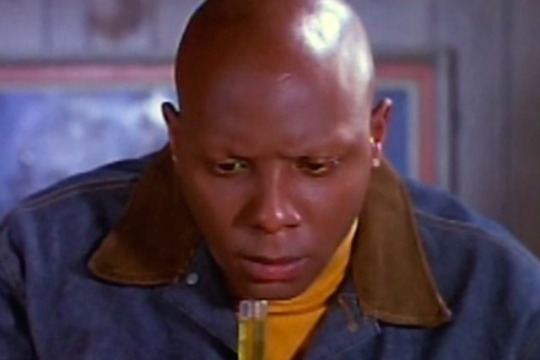
One of Cinema’s First Black Superheroes Is Not Who You Think It Is
An ahistorical claim has been making the rounds as of late, falling from the mouths and keyboards of people earnestly, yet clumsily, trying to explain why Black Panther has become a cultural juggernaut unlike anything we’ve ever seen. It goes something like, “This is the first ever big-budget comic book film starring a black superhero.” That’s a lot of qualifiers. And it’s not entirely accurate—sure, the movie’s budget is twice as big as Catwoman’s, but that feline-centered campfest was still made for $100 million in 2004, hardly a small, or even medium, budget at the time. Even ignoring those qualifiers, however, there’s a danger in inadvertently isolating Black Panther by ignoring its predecessors. Thankfully, a few have used the occasion to remind us that there have been movies about black superheroes long before Ryan Coogler and Disney brought us King T’Challa: Spawn, Meteor Man, and the Blade trilogy, to name just a few.
And yet before all of those exceptional characters made their way to the big screen, there was Abar, a character I only just recently learned about thanks to a great film series on black superheroes currently playing at the Brooklyn Academy of Music. Abar, the First Black Superman, in fact, as the movie’s title handily spells out. A long-forgotten, low-budget blaxploitation flick from 1977, Abar is about the dissipation of race relations, consolation, segregation, dispensation, and more. It’s defiant, didactic, and occasionally delirious. The cast of amateurs seems to be competing for whoever can give the stiffest, most incoherent line reading of the fantastically terrible script. And you should definitely grab a friend or two, some intoxicants, and check it out.
youtube
Here’s the scoop: Dr. Kinkade (J. Walter Smith, also credited for the story) moves in to a posh, all-white Los Angeles suburb with his wife and two kids. At first, two nosey Gladys Kravitz types from next door, assuming that they are “the help,” greet the family pleasantly and inform them they are planning a luncheon for their new neighbors. But when Mrs. Kinkade reveals that they are, in fact, the new neighbors, the welcoming committee turns indignant. “I won’t let them!” an enraged Mabel retorts to her friend. “I won’t let them move into our neighborhood!” As she spews more hatred about burning the house down herself, Mr. Kinkade attempts to calm Mabel down by slowly reaching for her shoulder, but she tumbles dramatically to the ground and yells, “Get your black hands off of me!” Awkwardly abrupt dissolve into a loud group of white people picketing outside their homes, marching in circles and carrying signs.
As the demonstrators hold court and the community board plots to push the Kinkade family out of their home, in steps John Abar (Tobar Mayo), leader of the Black Front of Unity, a grassroots band of fly-looking motorcyclists who work to “help the brothers and sisters down in the ghetto” and preach nonviolent self-defense. (So basically, a fictionalized version of the real-life Black Panthers.) After hearing about the Kinkades’ troubles on the news, he and his team arrive at their home offering protection from the white people outside. But there’s a catch: Abar wants the family to consider moving back to the ghetto, so they can uplift their own people. Dr. Kinkade isn’t interested, and Abar and his men leave disappointed. Nonetheless, Abar returns sometime later, just in time to fend off a couple of white guys who are attacking the doctor on his doorstep. (He throws them in a garbage truck to the tune of that familiar wa-chicka-wa-chicka musical queue found in pretty much every blaxploitation movie.) From then on, the two develop a complicated relationship in which Abar agrees to protect the Kinkades’ home and participate in some tests the doctor is running for a prevention for heart disease (a leading cause of death for black Americans, especially). They constantly debate what is best for the black community and how things might be fixed as if they were in the middle of an after-school special.
Much like The Room, a good chunk of Abar is pretty slow going—though never not bizarre, thanks to an unforeshadowed death, a dream sequence in which the son imagines Abar as an Old West cowboy (“My friends call me Deadwood Dick, but my enemies call me Smart Black Nigger”), and the actors’ consistently delayed reactions to one anothers’ lines. But the last 40 minutes finally get us where the film really wants us to go. (Spoilers ahead.) It’s revealed that Dr. Kinkade isn’t actually working on a cure for heart disease but has developed a potion that can make a man in top physical condition—a man like Abar, it turns out—“indestructible” so that he can clean up the ghetto in one fell swoop. At first, Abar is resistant, but he soon changes his mind (although not before a surely unlicensed Martin Luther King excerpt is heard, for some reason) and drinks the serum.
This last act of the film is all over the place, with Abar realizing that the serum has worked on him after two cops shoot him for coming upon them as they plant a gun on an unarmed black man they’ve just killed. Abar’s unhurt and now roams the ghetto using his new superpowers for good. A guy steals a lady’s purse on the street and runs off? Abar squints hard and compels the thief, by telepathy, to run and tumble back to her, returning the bag. (Waka-chicka-waka-chicka.) A prostitute is being slapped around by her pimp? Abar telepathically confers on her the strength and skill to defend herself and beat him to the ground. (Waka-chicka-waka-chicka.) Troubled youths are hanging out on the street, smoking and shooting craps? The powerful mind of Abar sends them straight to graduating, emerging from a school in caps and gowns with diplomas in hand. (Waka-chicka-waka-chicka, then, generic graduation music.)
youtube
The most bonkers moment is saved for the end. Abar uses his powers to bring down a plague of biblical proportions upon the Kinkades’ white neighbors—powerful, hurricanelike winds (you should see the actors tossing their bodies around like rag dolls for extra effect), rat infestations, snakes in beds. He drives them all away, except for the aforementioned Mabel. She approaches the Kinkades in the middle of the street, meekly humbled. And then: “I want to apologize for the way I behaved when you moved in to Meadow Park. The reason I didn’t want you to live next door to me is because … I’m black, and I’ve been passing as white all these years and—”
The doctor cuts her off. “Yes, I know.” But how did he know? Well, in an earlier scene, Mabel fainted—immediately after calling their son a “little black bastard,” mind you—and the doctor was kind enough to take her in to his home and call her doctor to find out if she had any pre-existing conditions. It turns out she had—wait for it—sickle cell anemia.
She asks for forgiveness. The Kinkades look at one another and embrace her reassuringly, as MLK’s voice swoops in once again: “I HAVE A DREAM that one day my four little children …” They walk down the street together, happily, as a proud Abar looks on.
Abar, the First Black Superman is truly a cinematic marvel. It has its heart in the right place and fumbles spectacularly in every way possible—the painfully preachy dialogue, the scrappy special effects, the too long running time. But even if it’s not anywhere close to the achievement of Black Panther, it’s a fascinating product of the time and more proof that black superheroes have long existed outside the Marvel universe. And just like Black Panther, their superpowers are almost always political.
#1977#tobar mayo#abar the first black superman#abar: black superman#blaxploitation#sickle cell anemia#dr. kinkade#dr kinkade#j. walter smith#j walter smith#los angeles#racism#film#films#slate#john abar#black front of unity#deadwood dick#smart black nigger#i have a dream#meadow park#california
0 notes